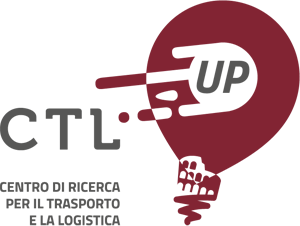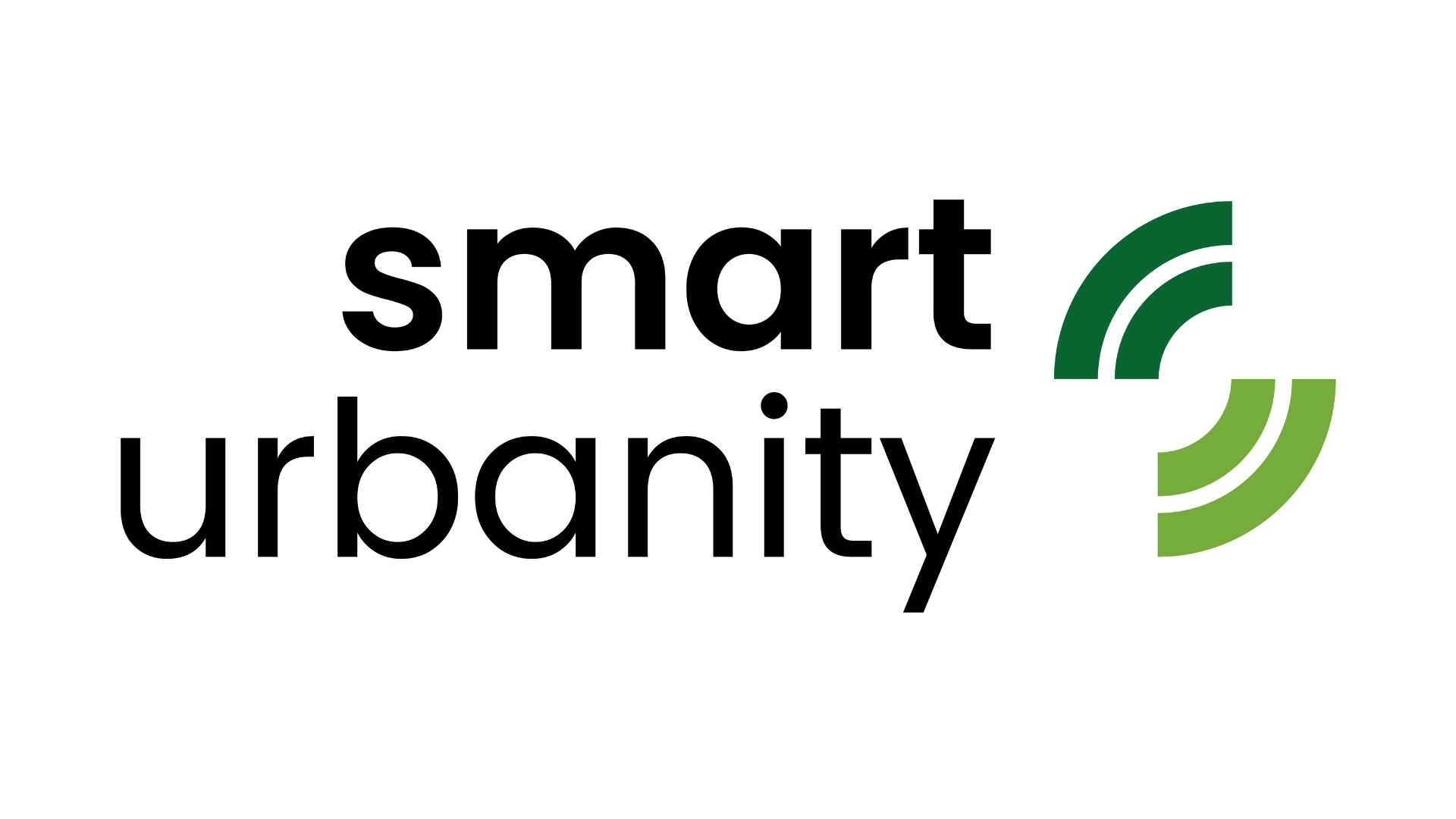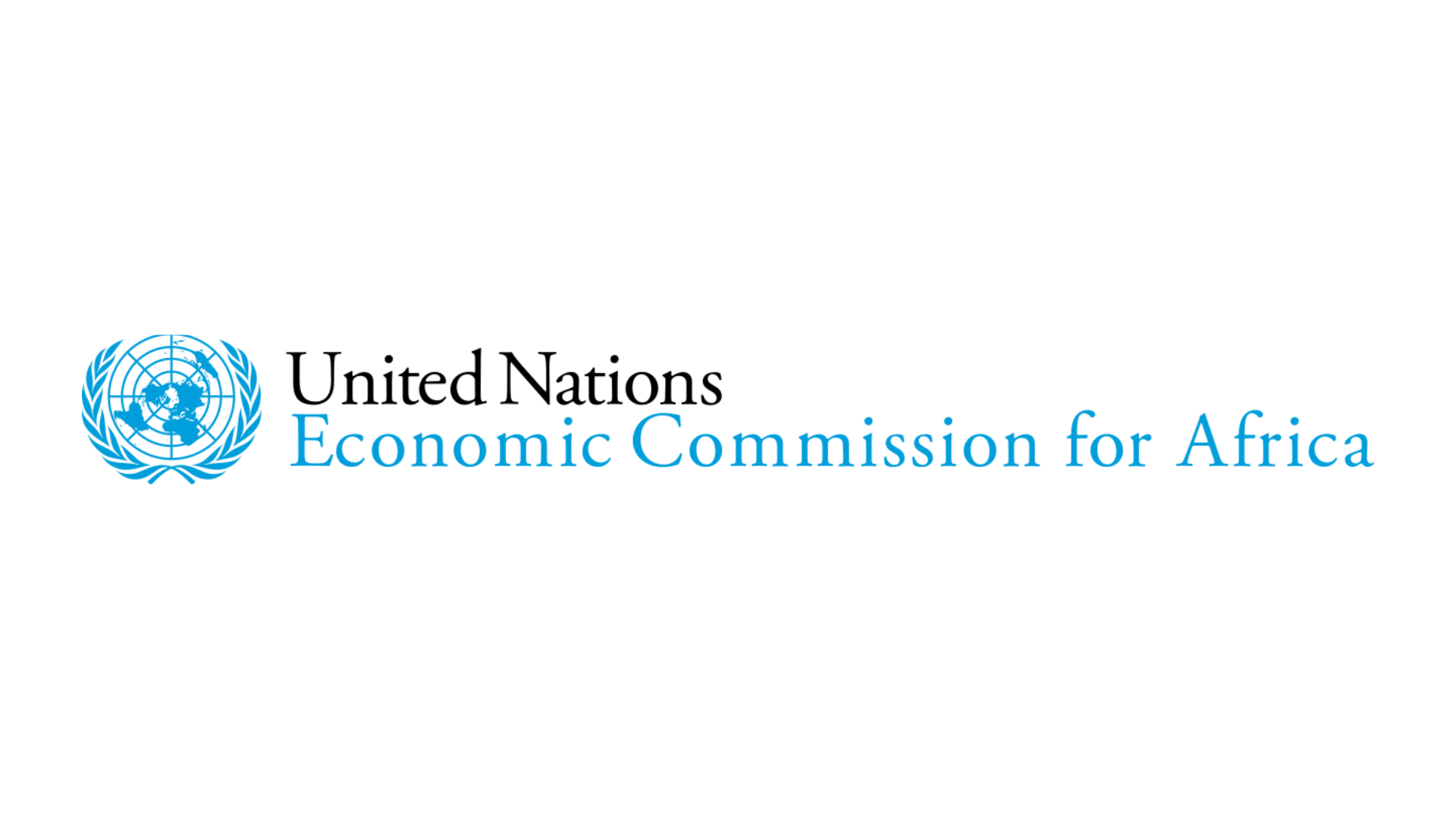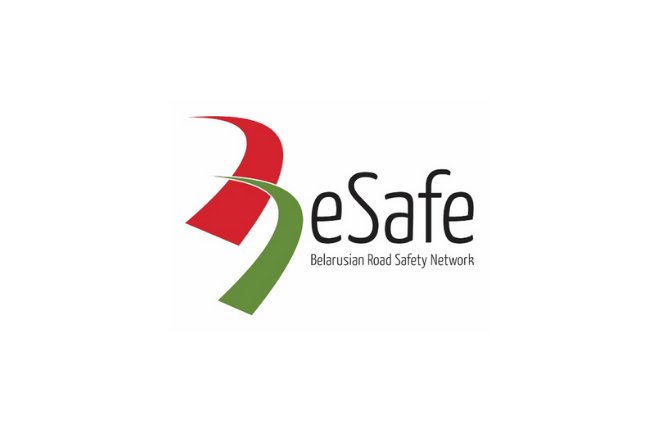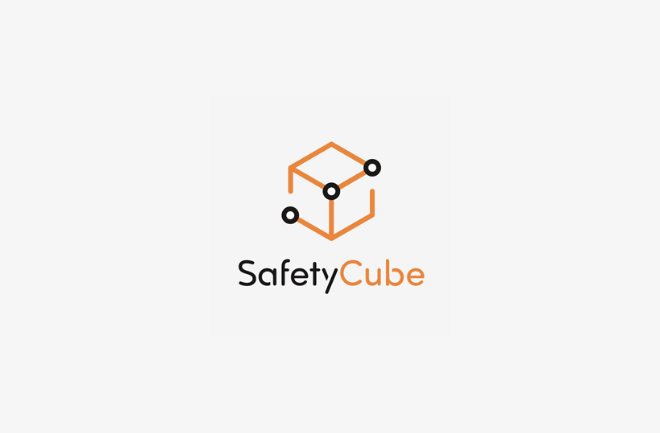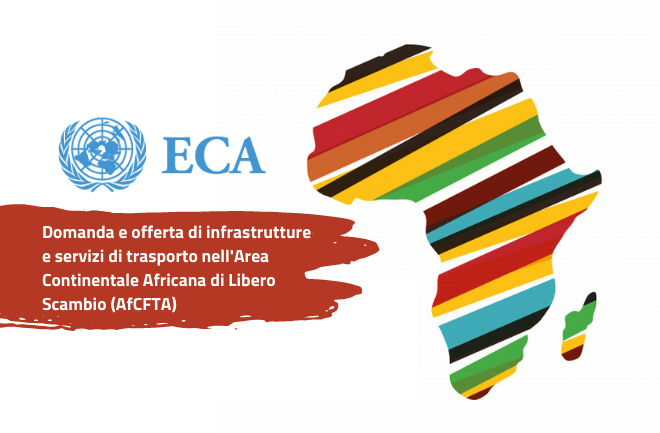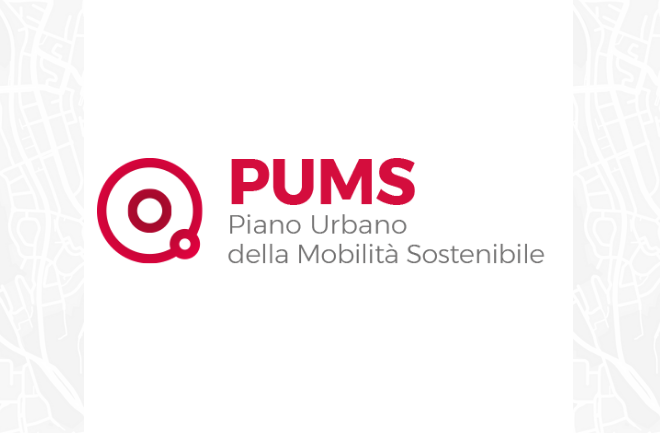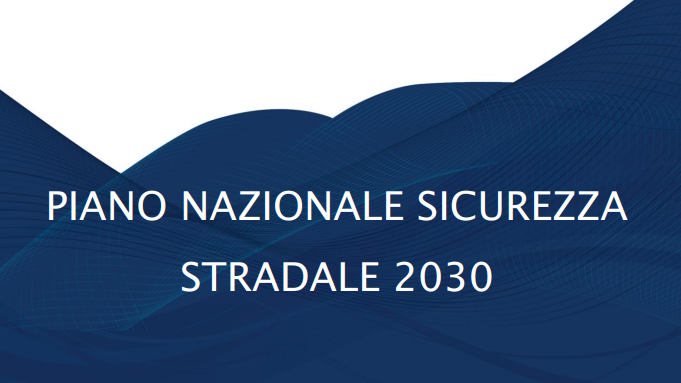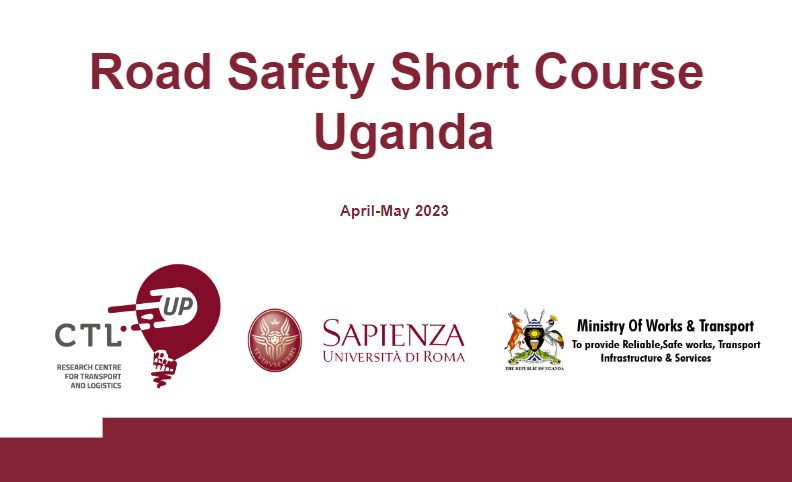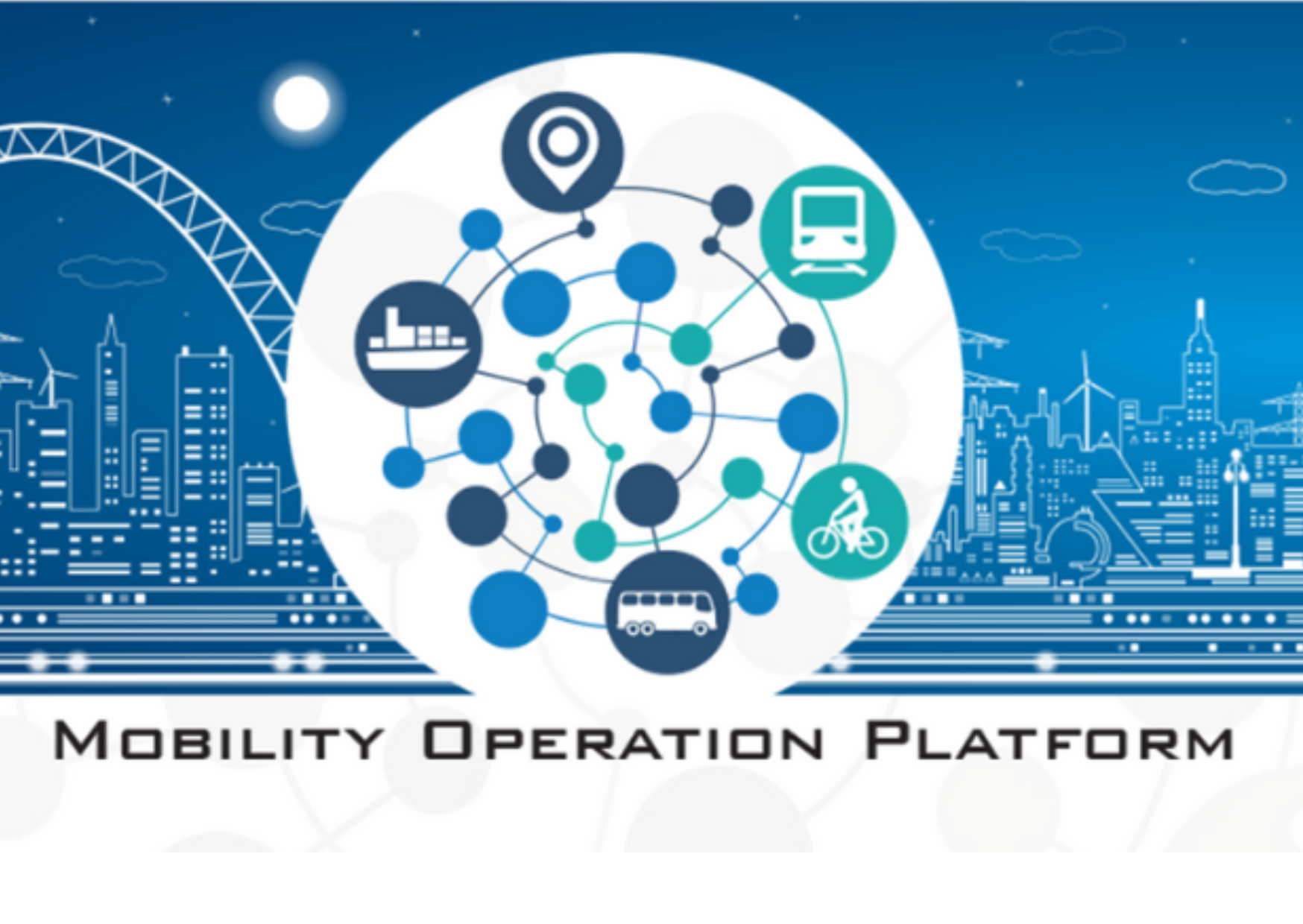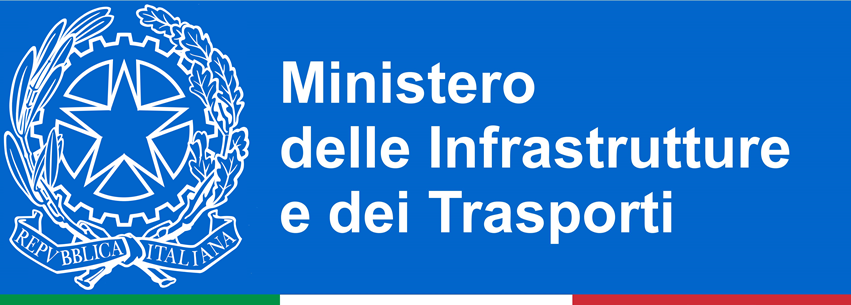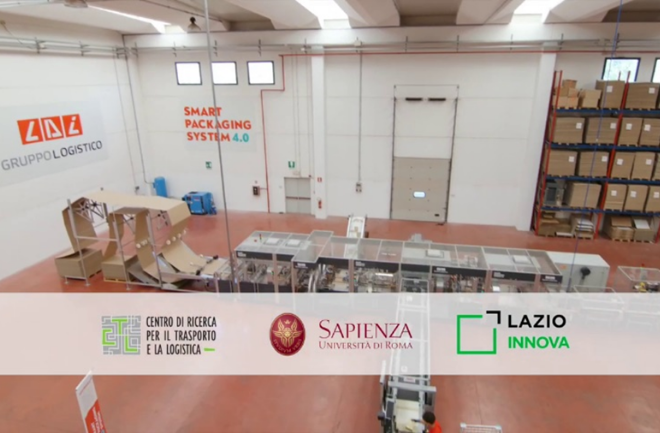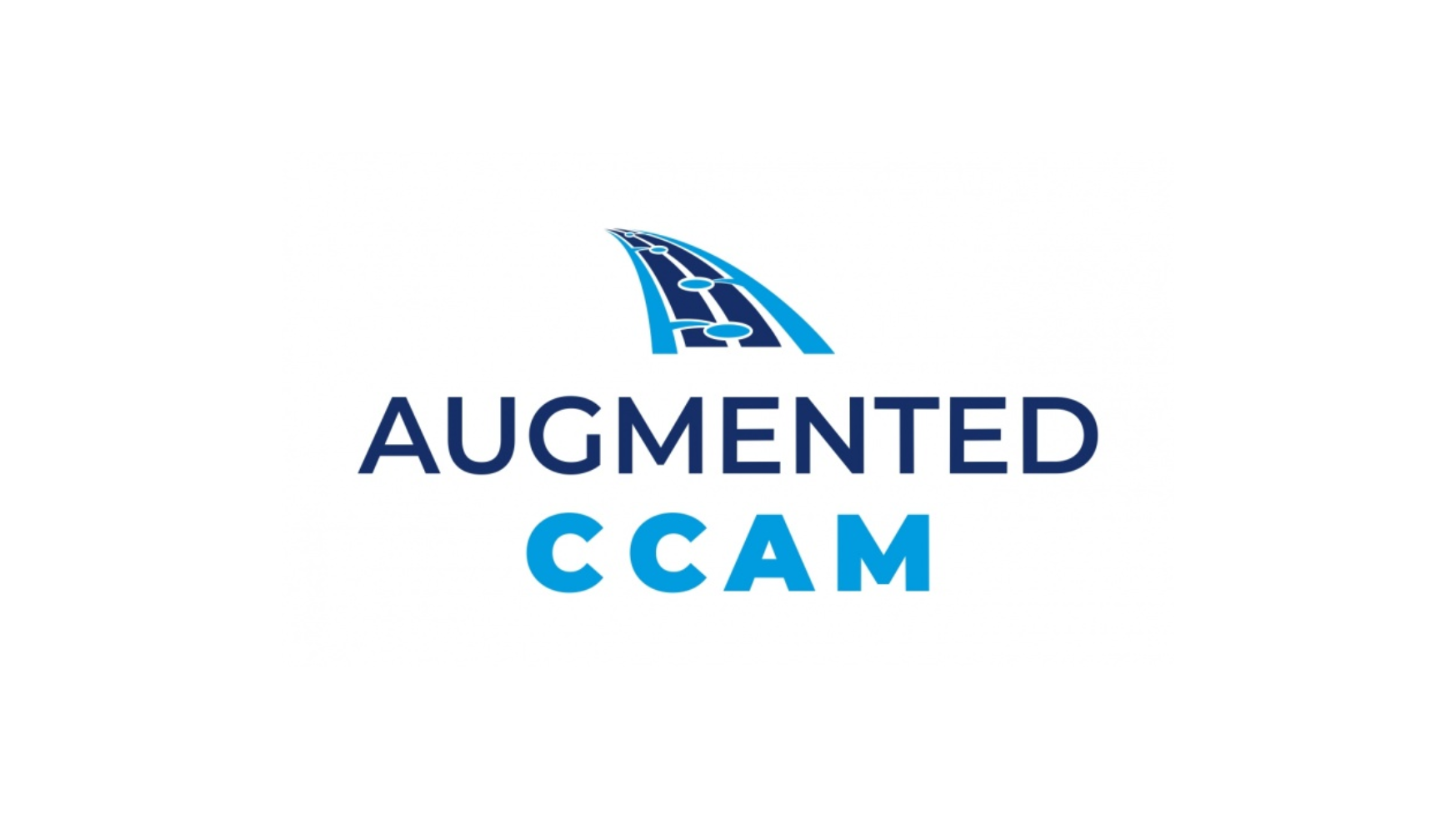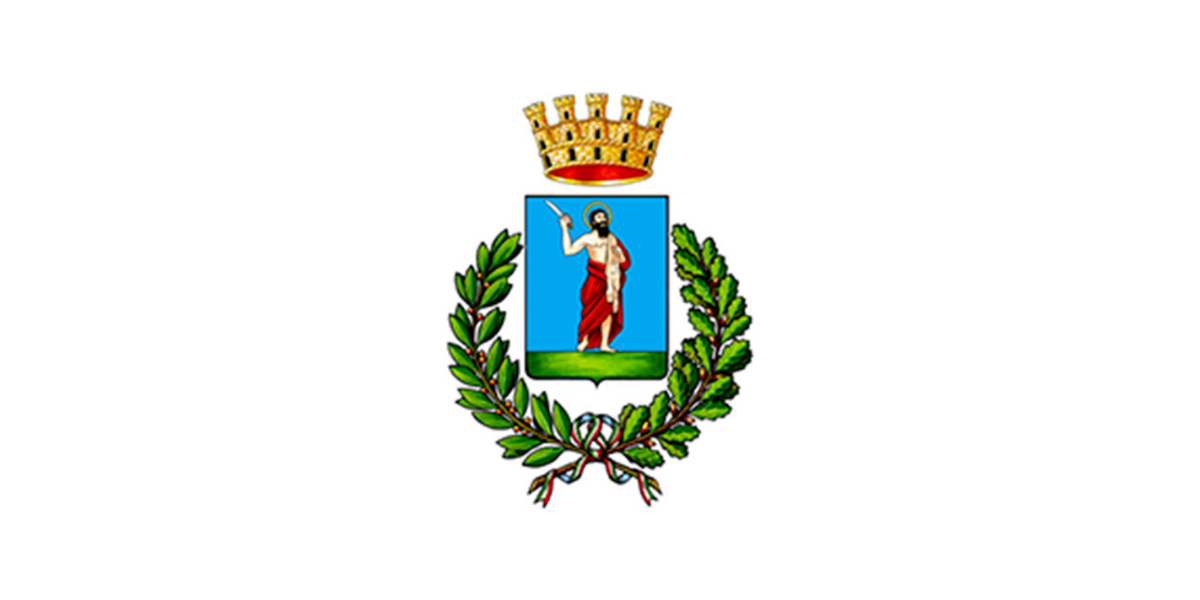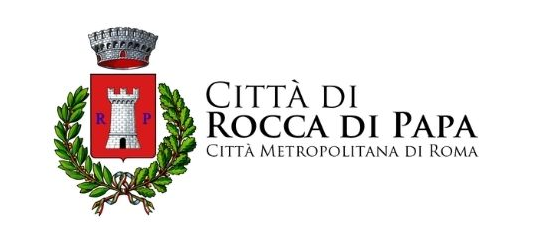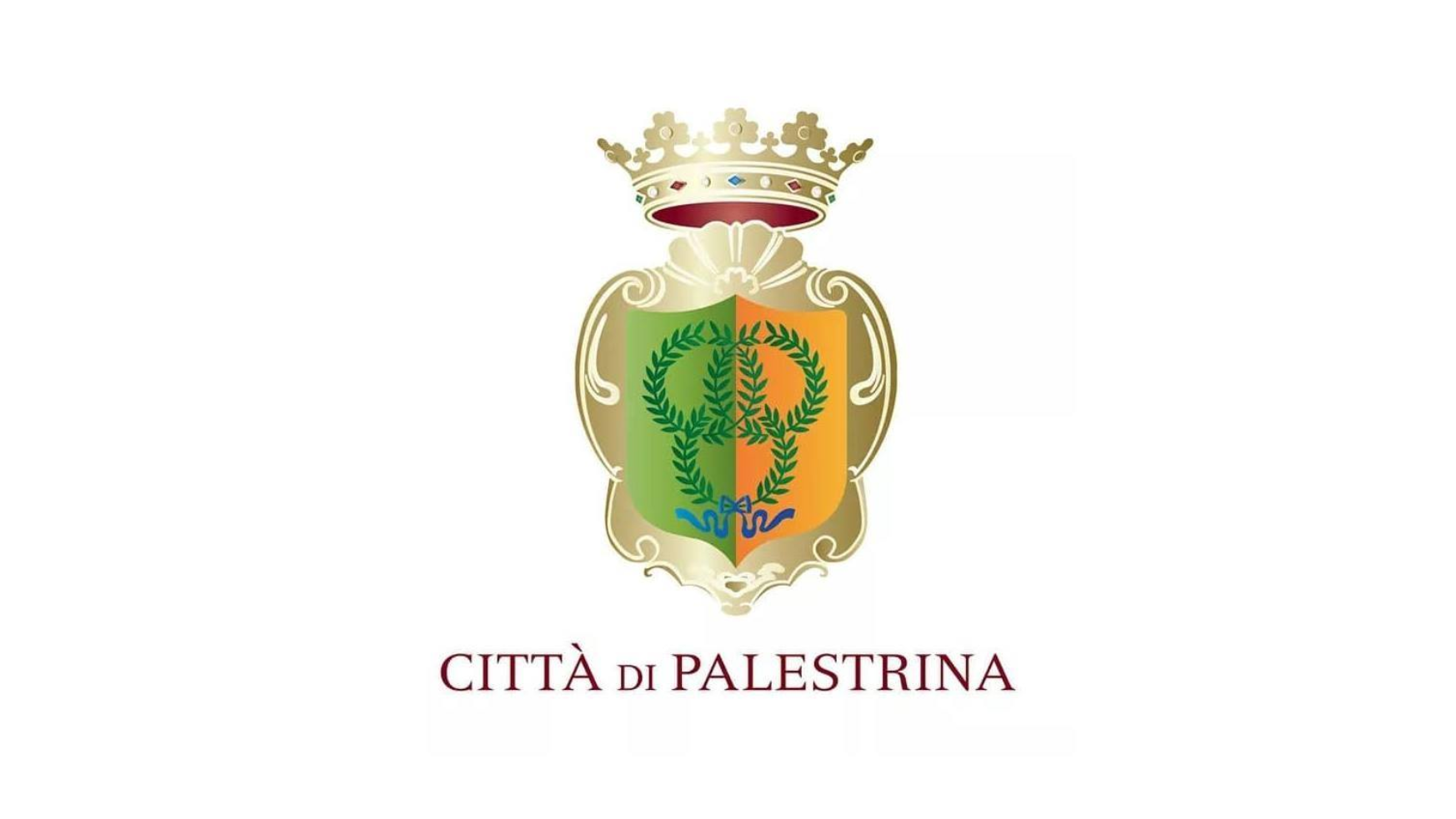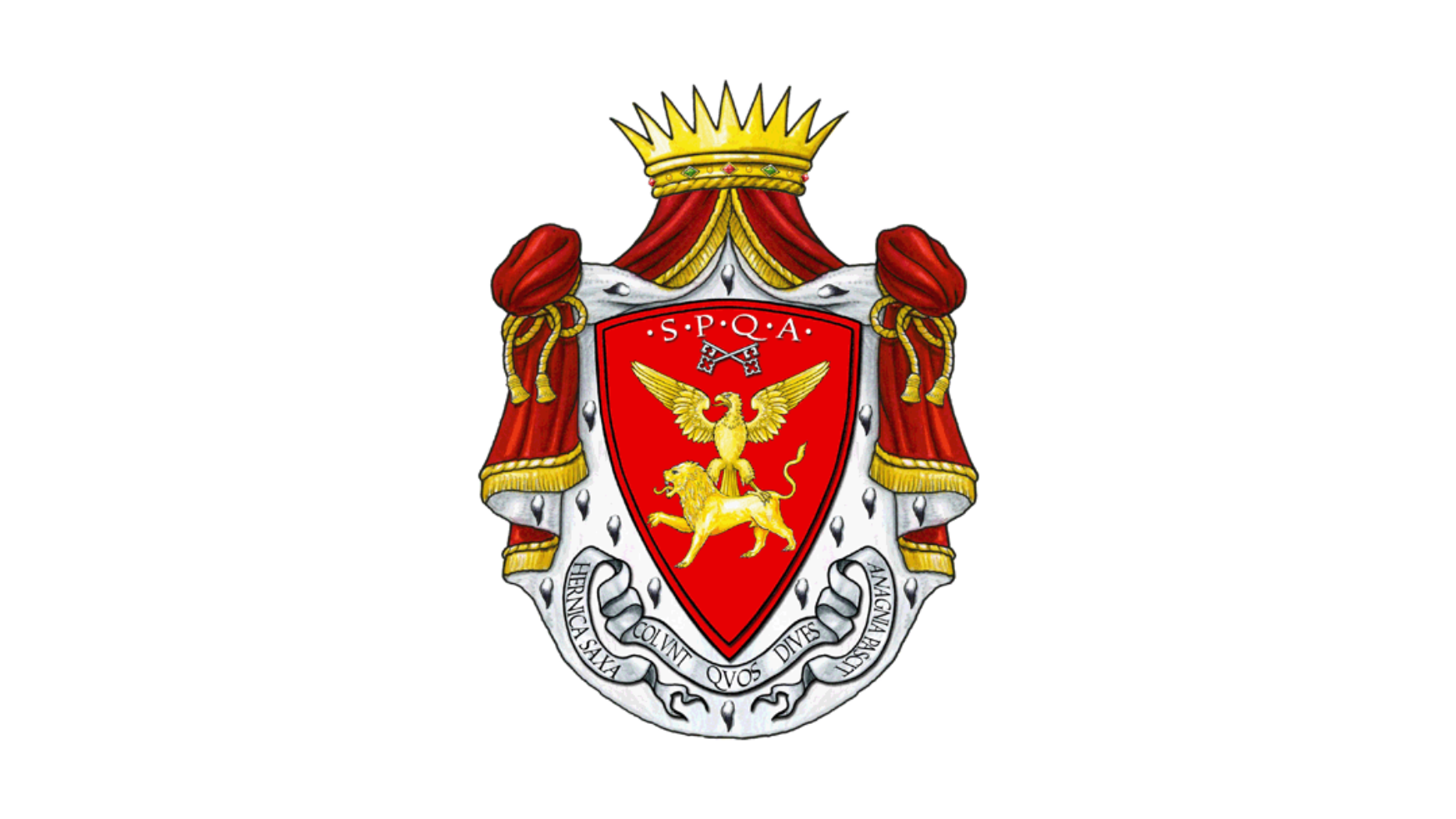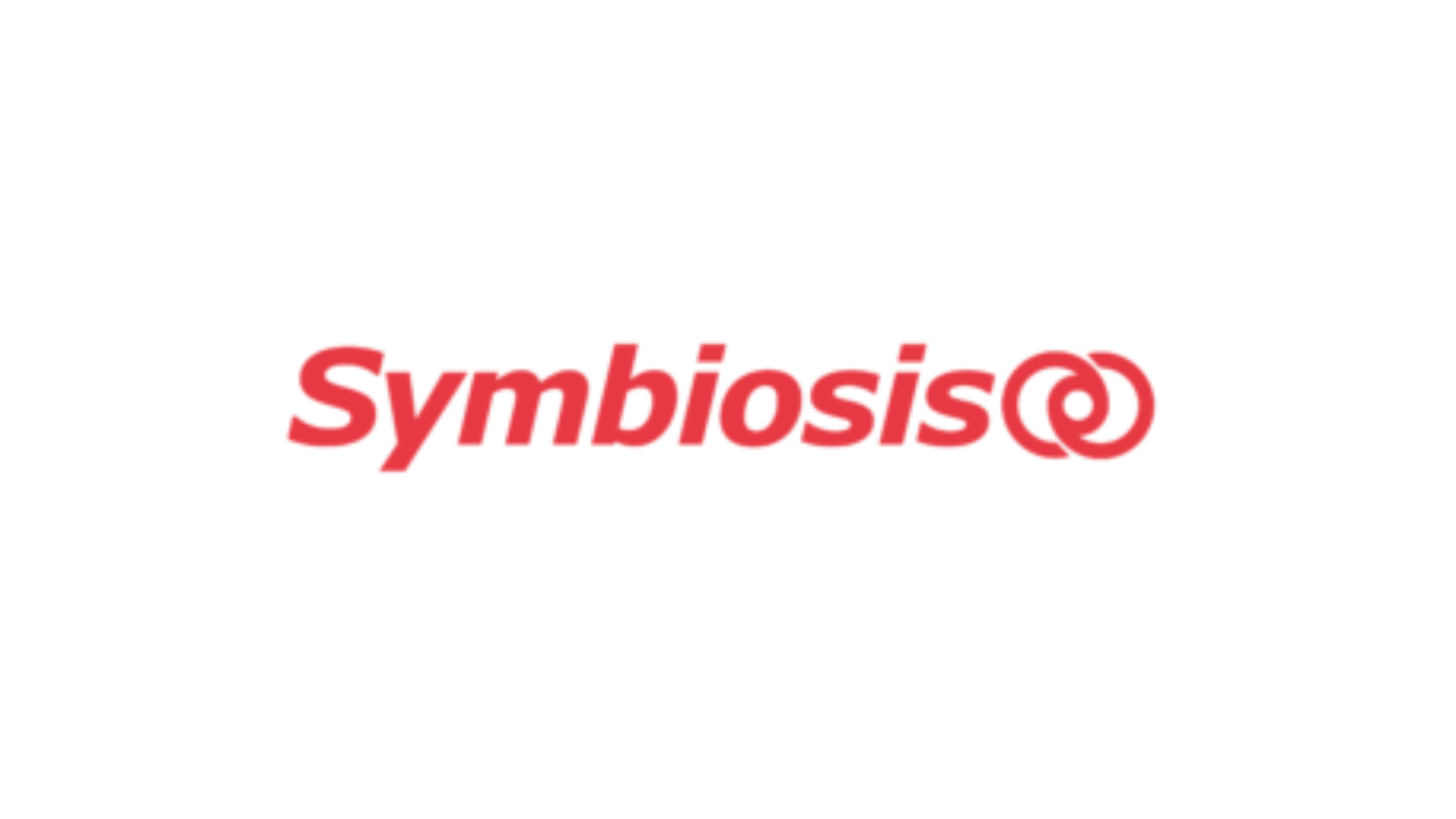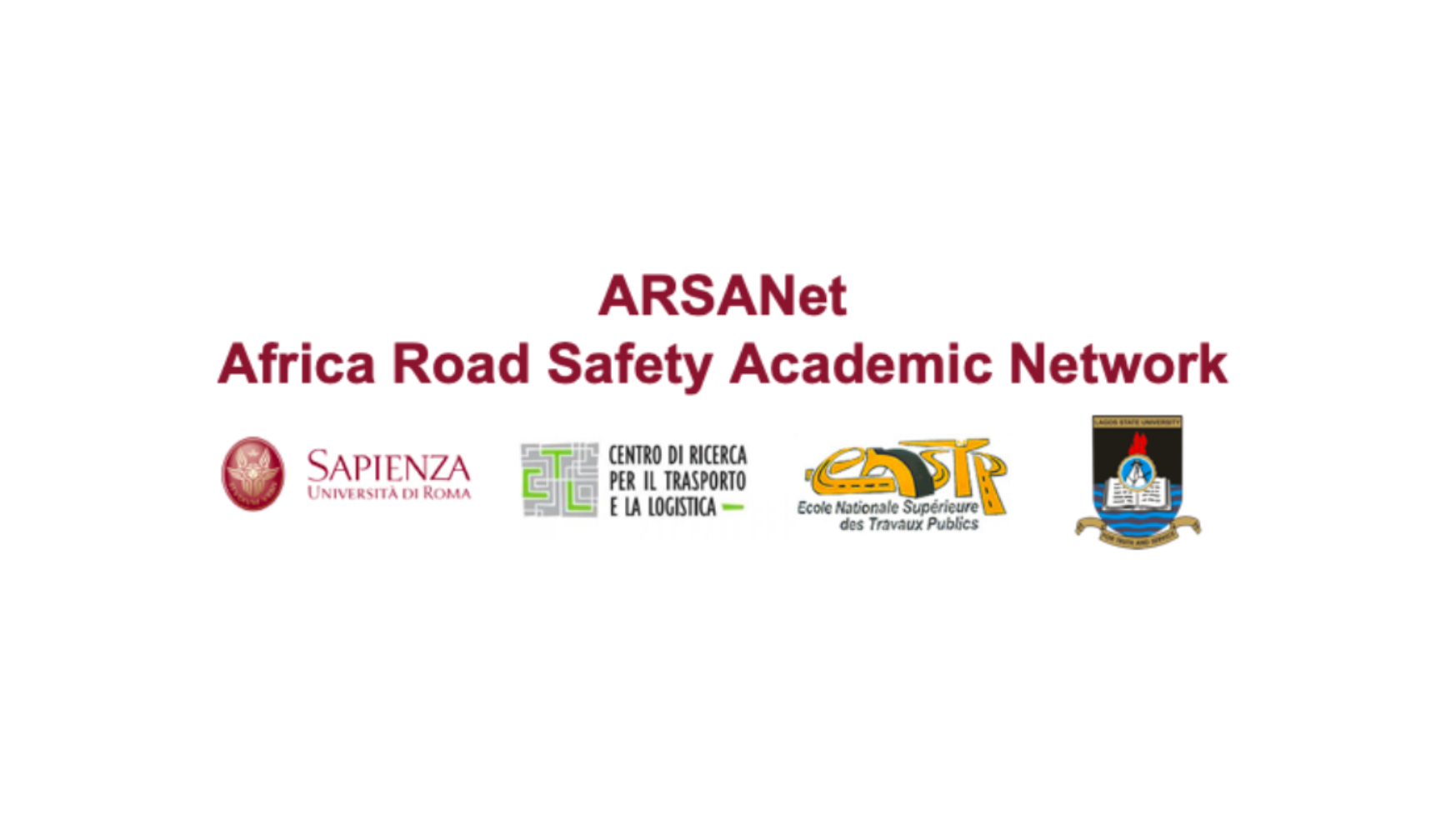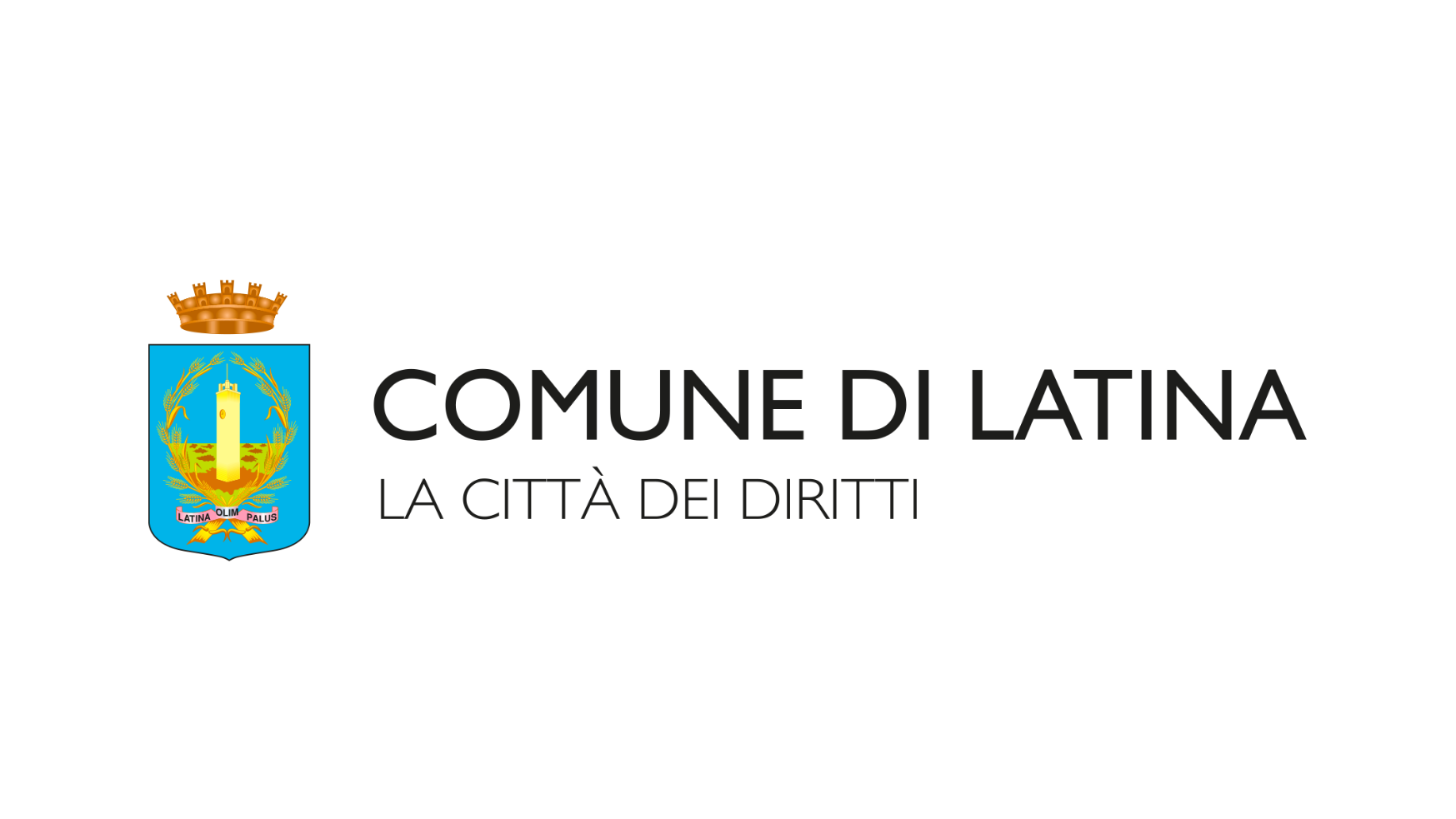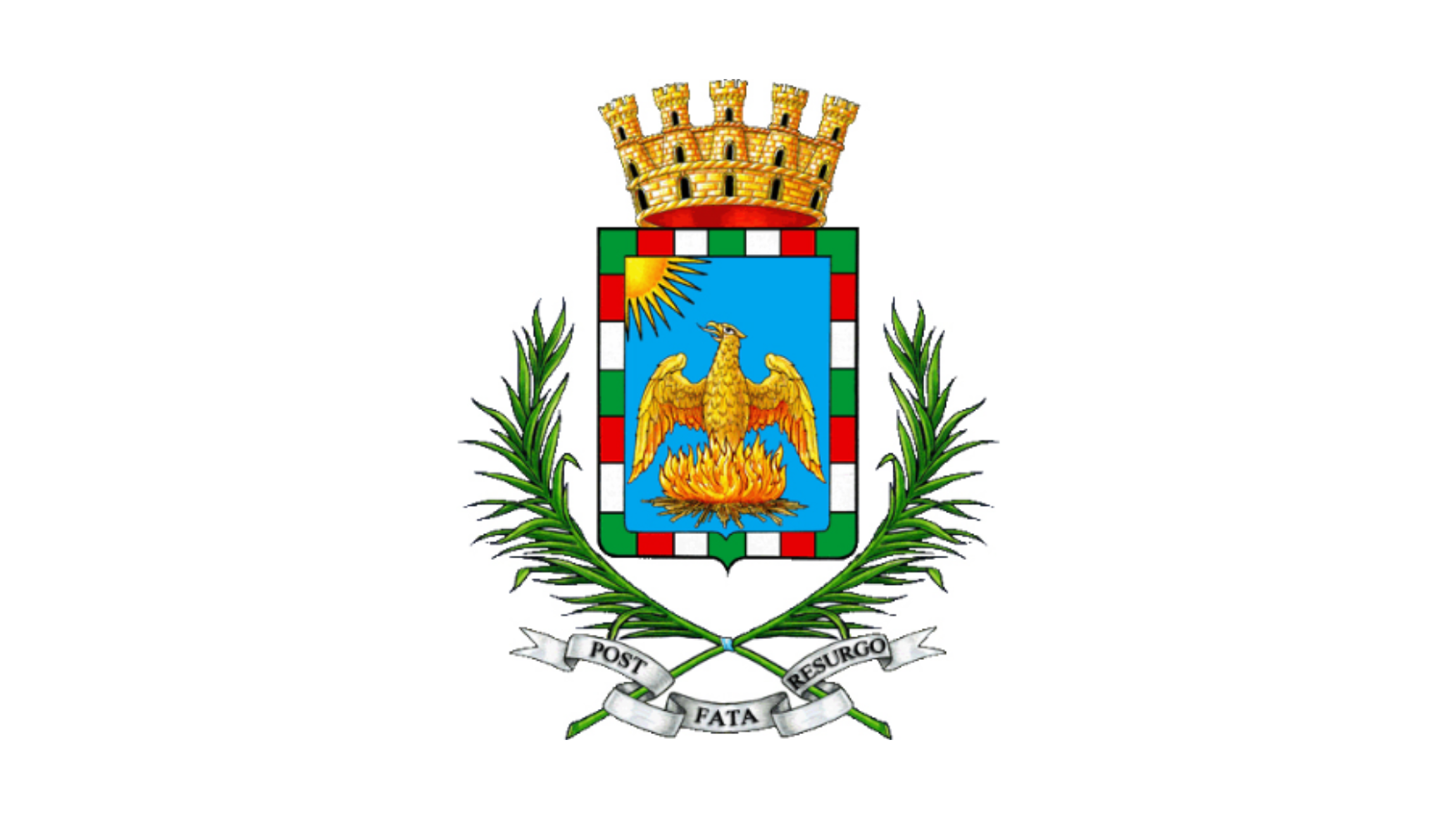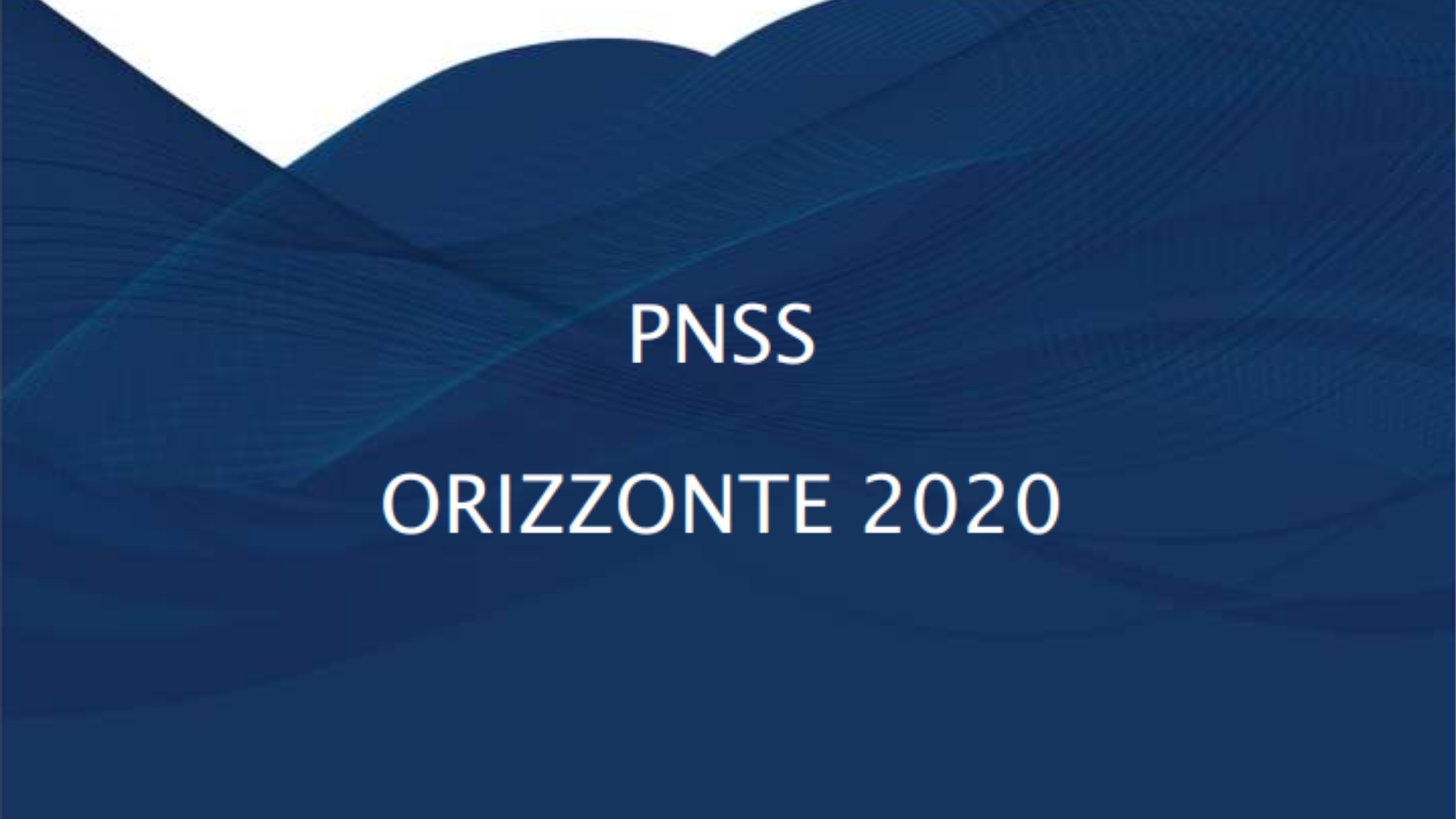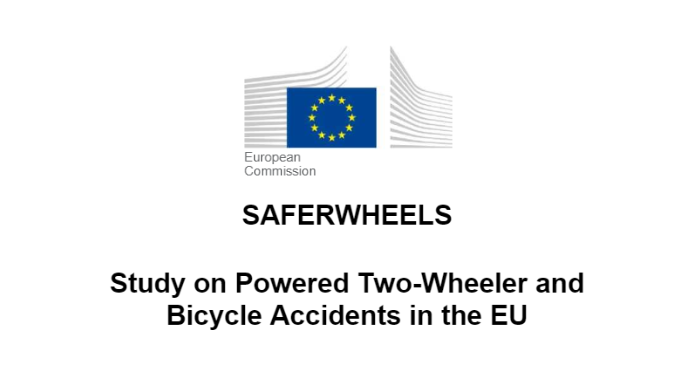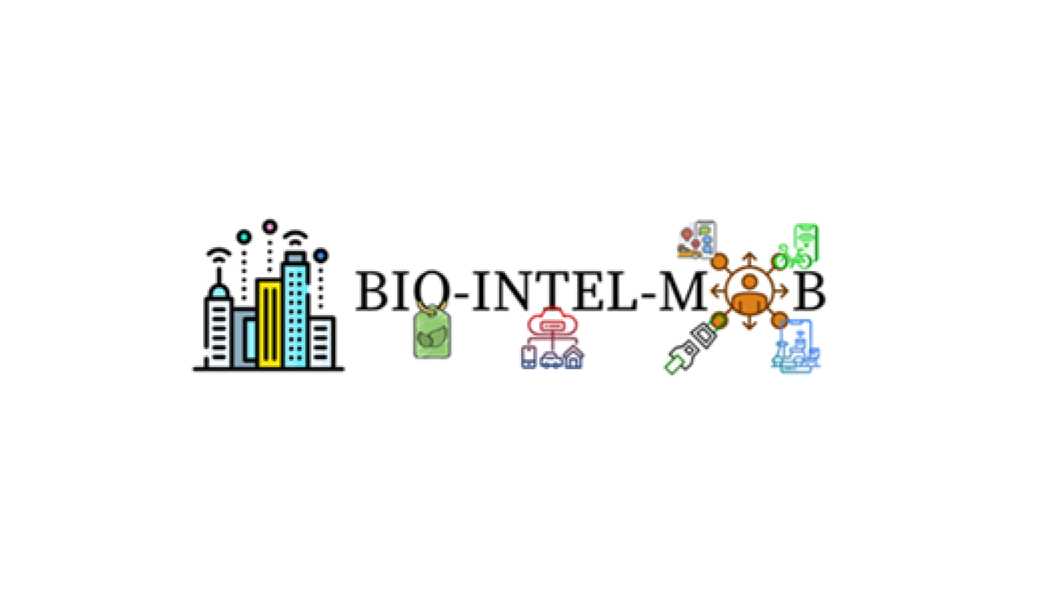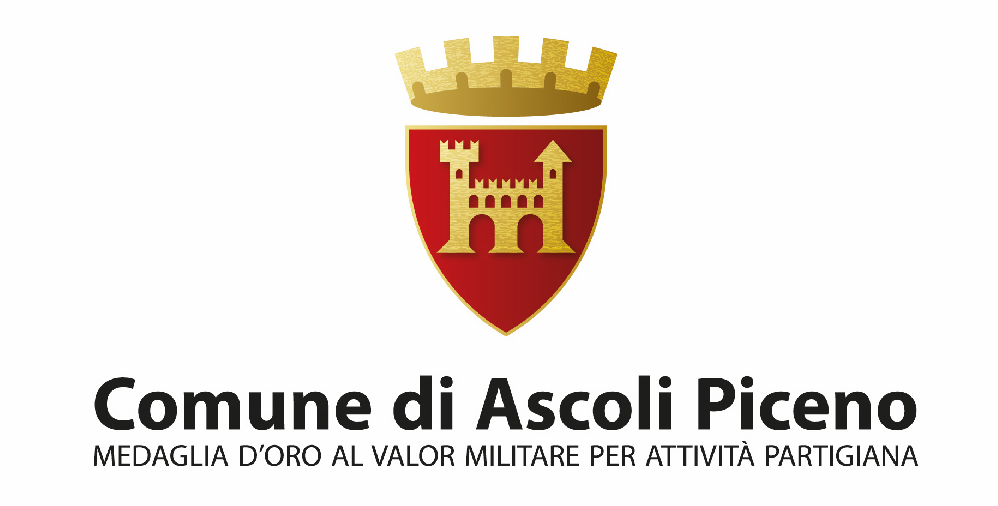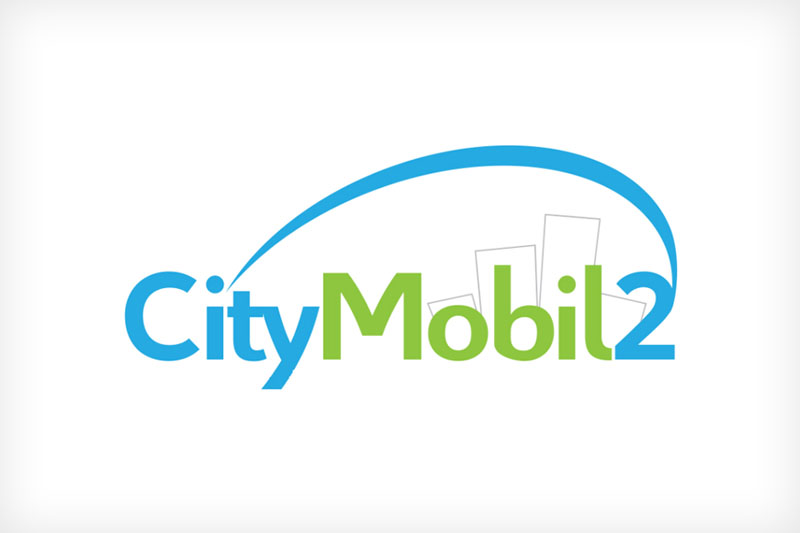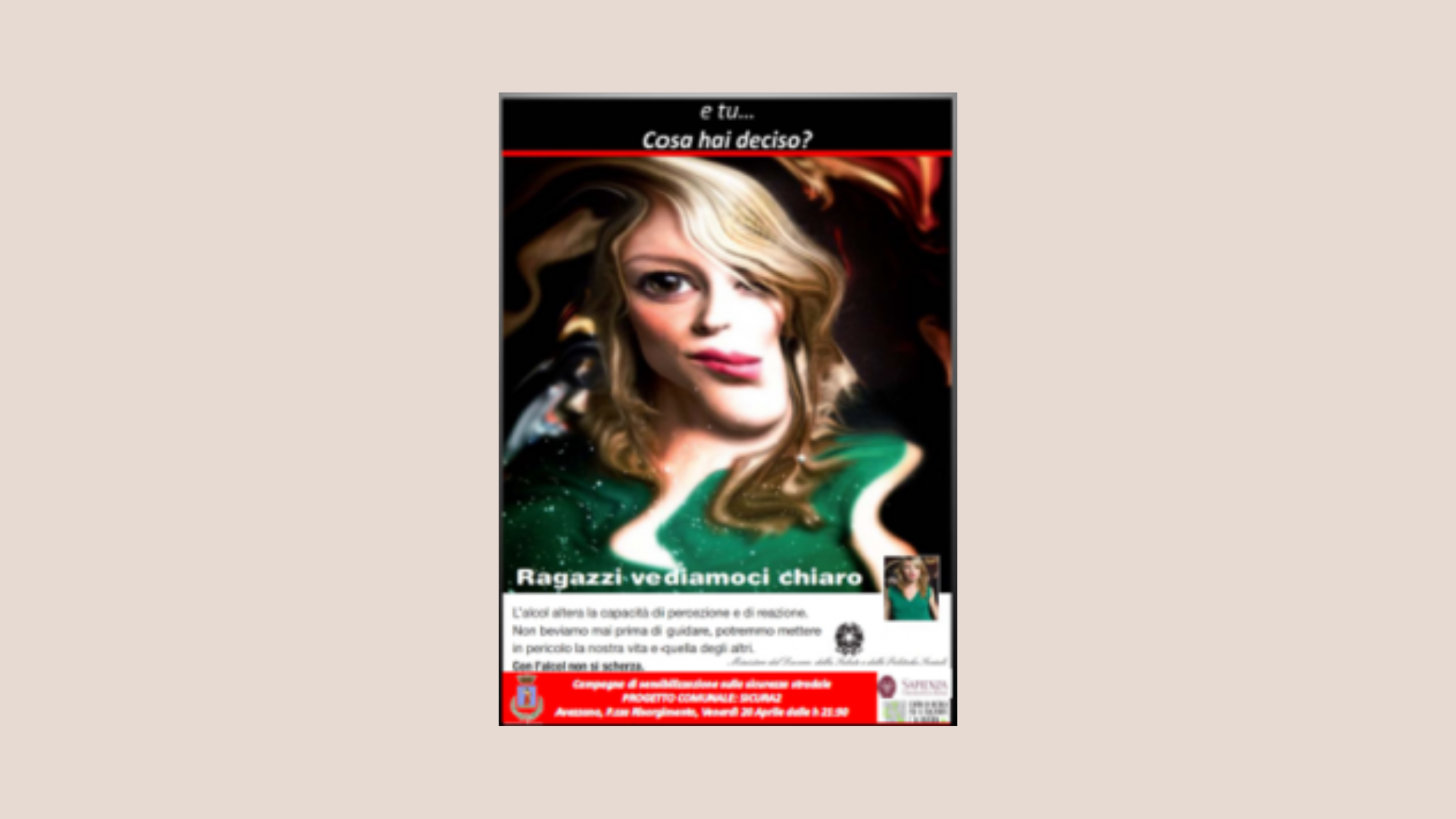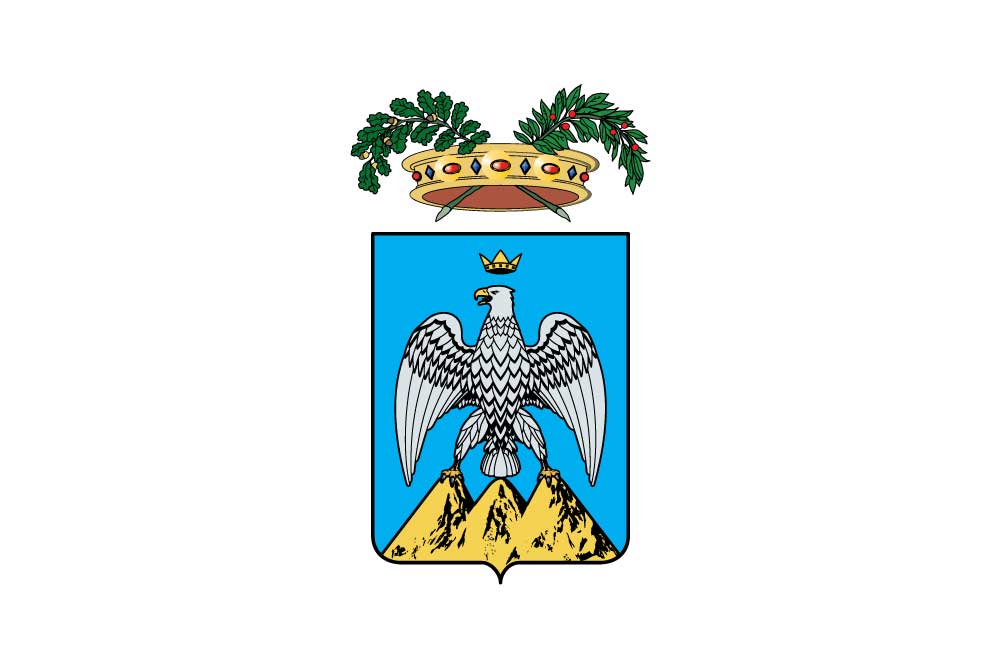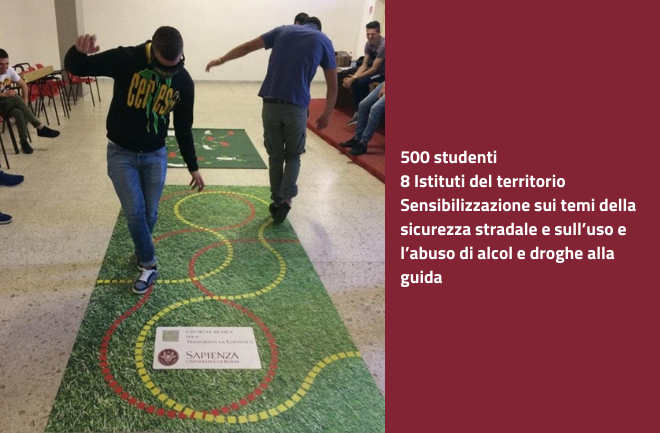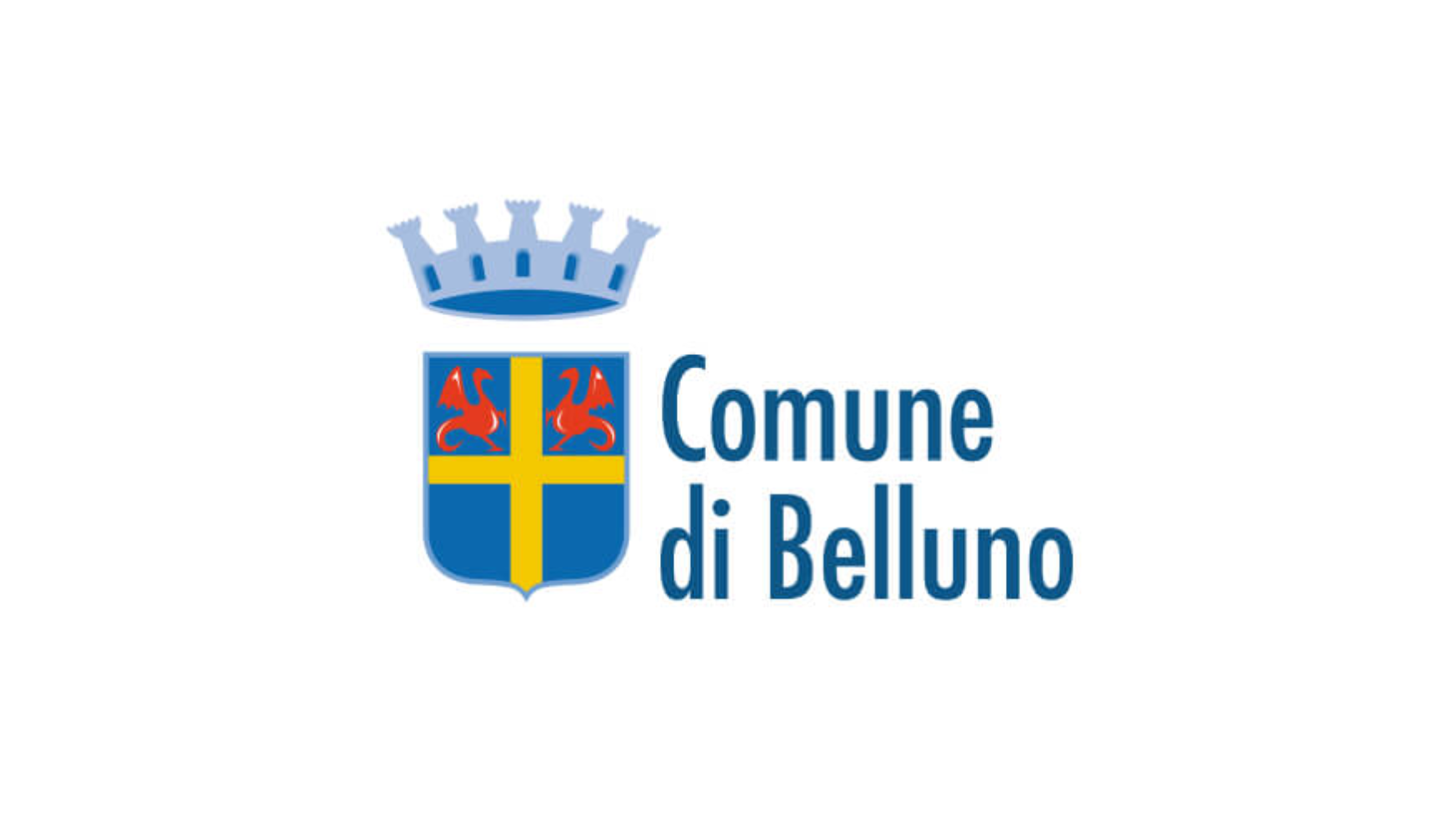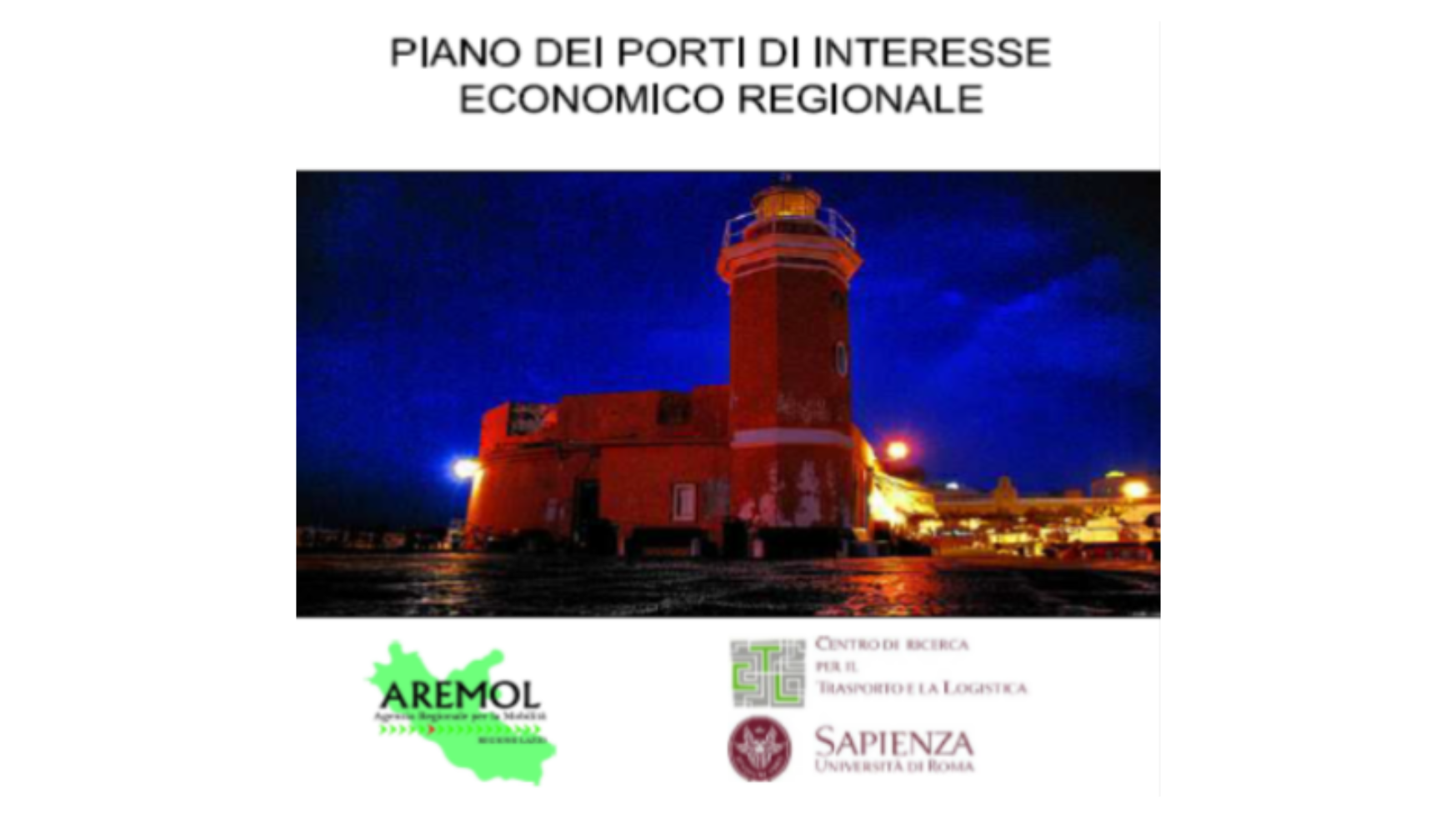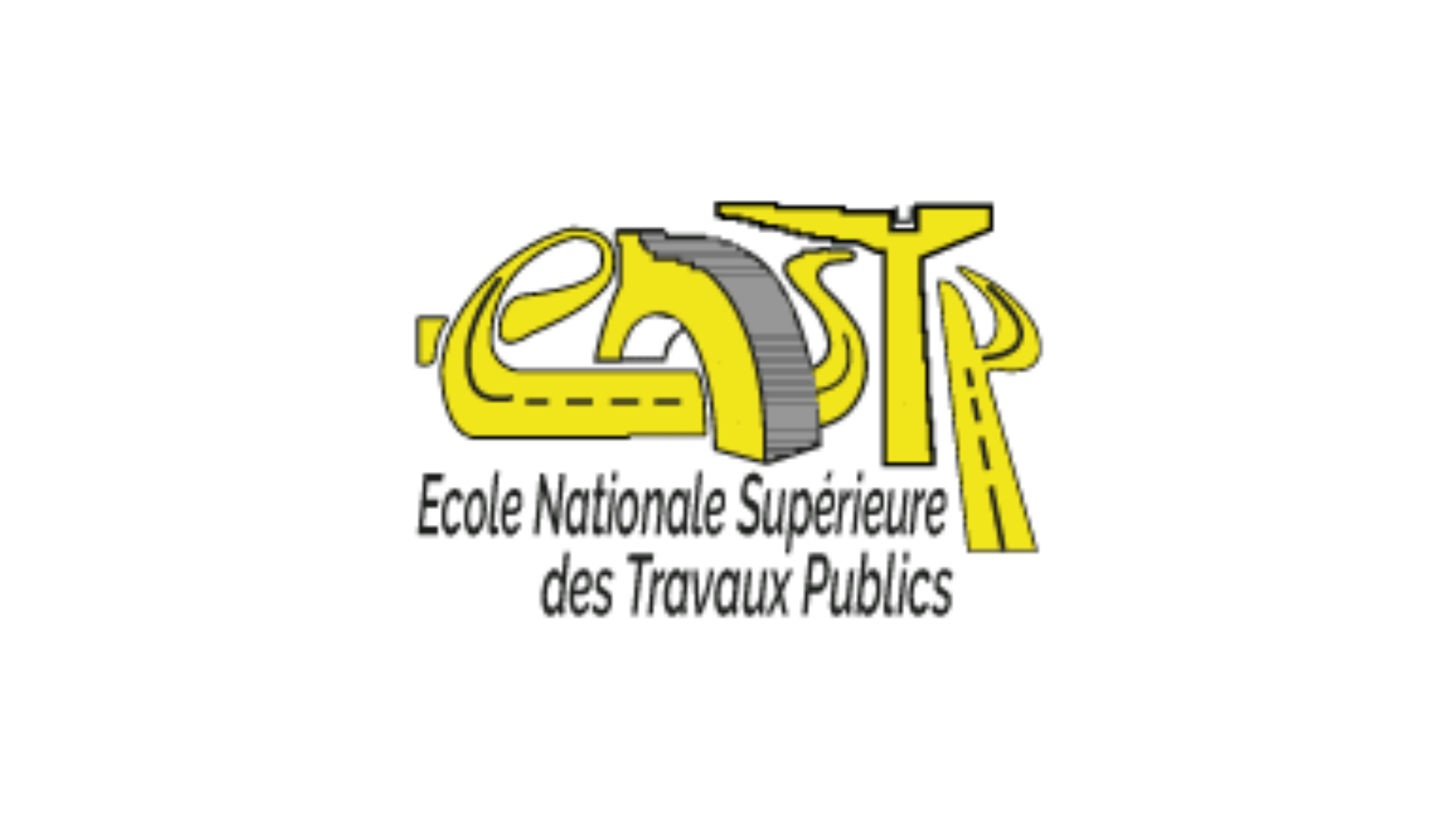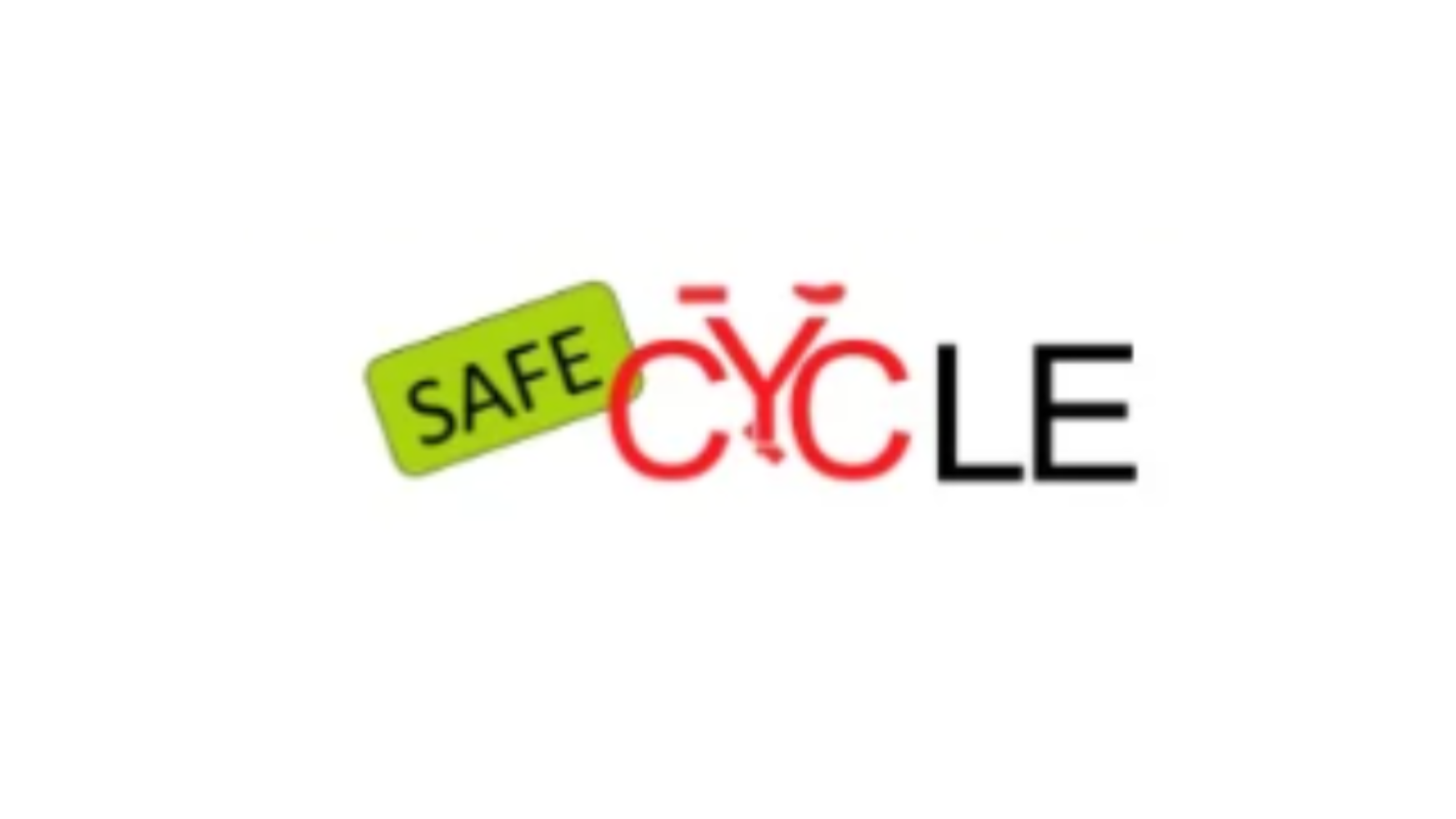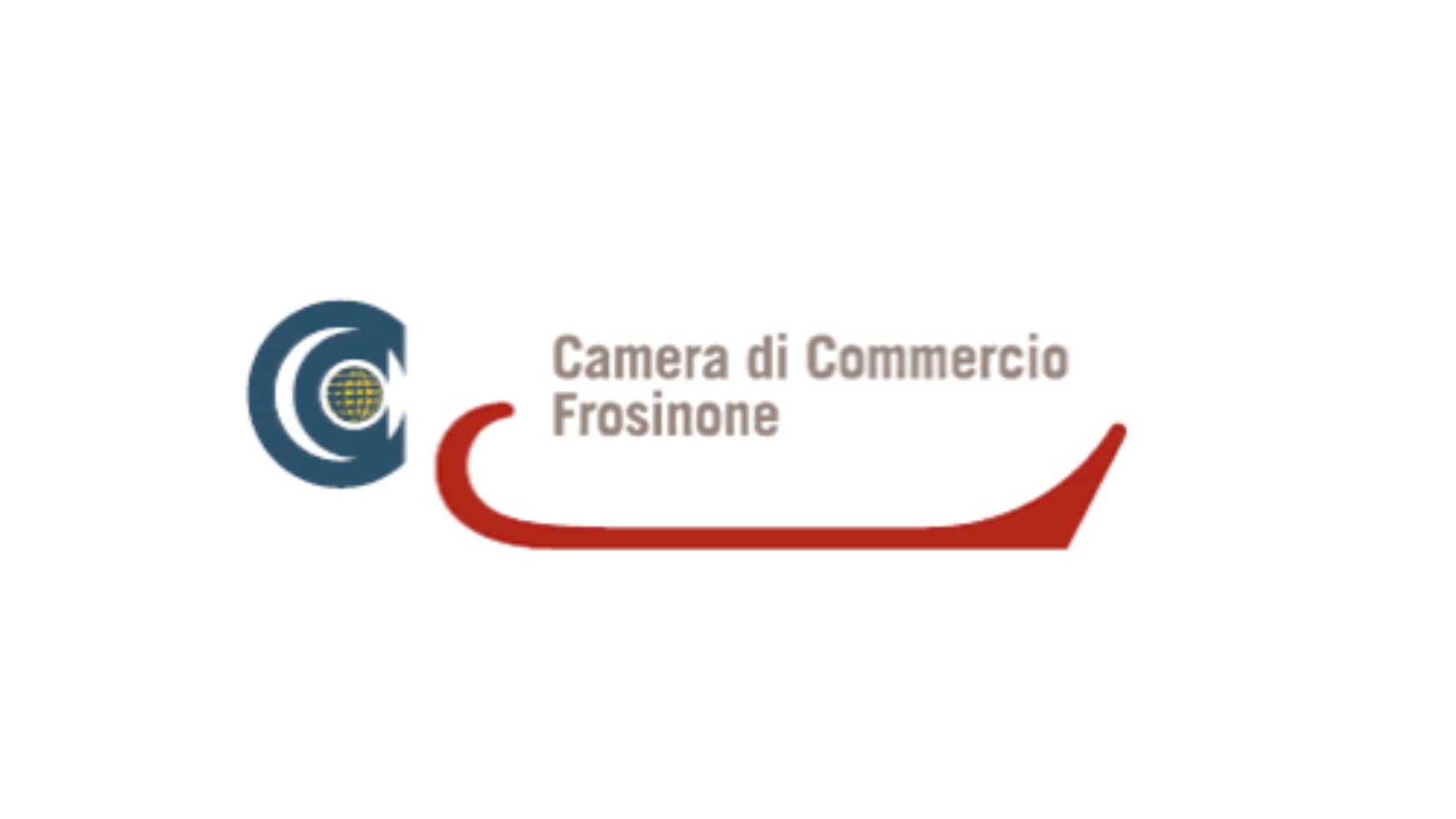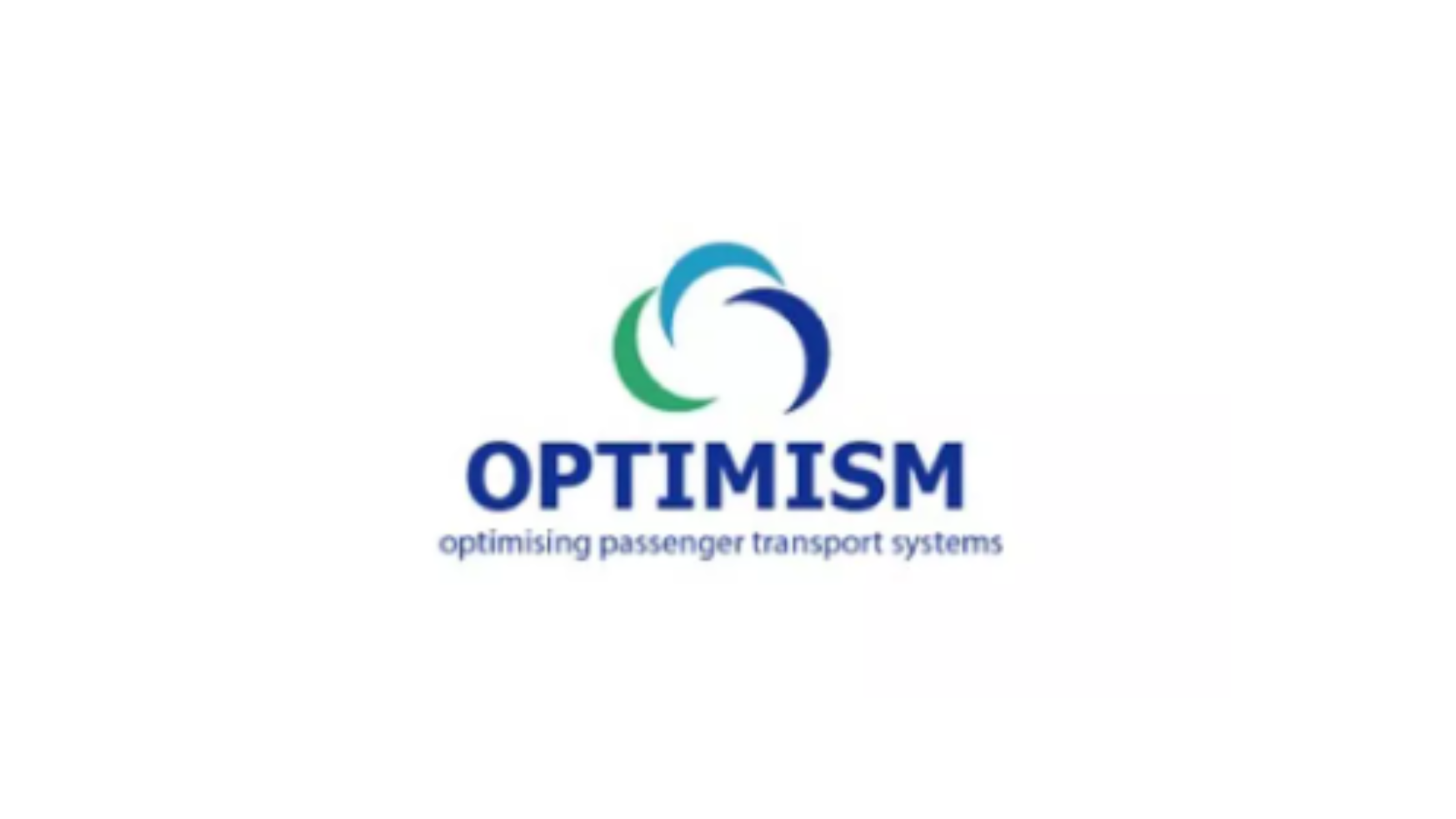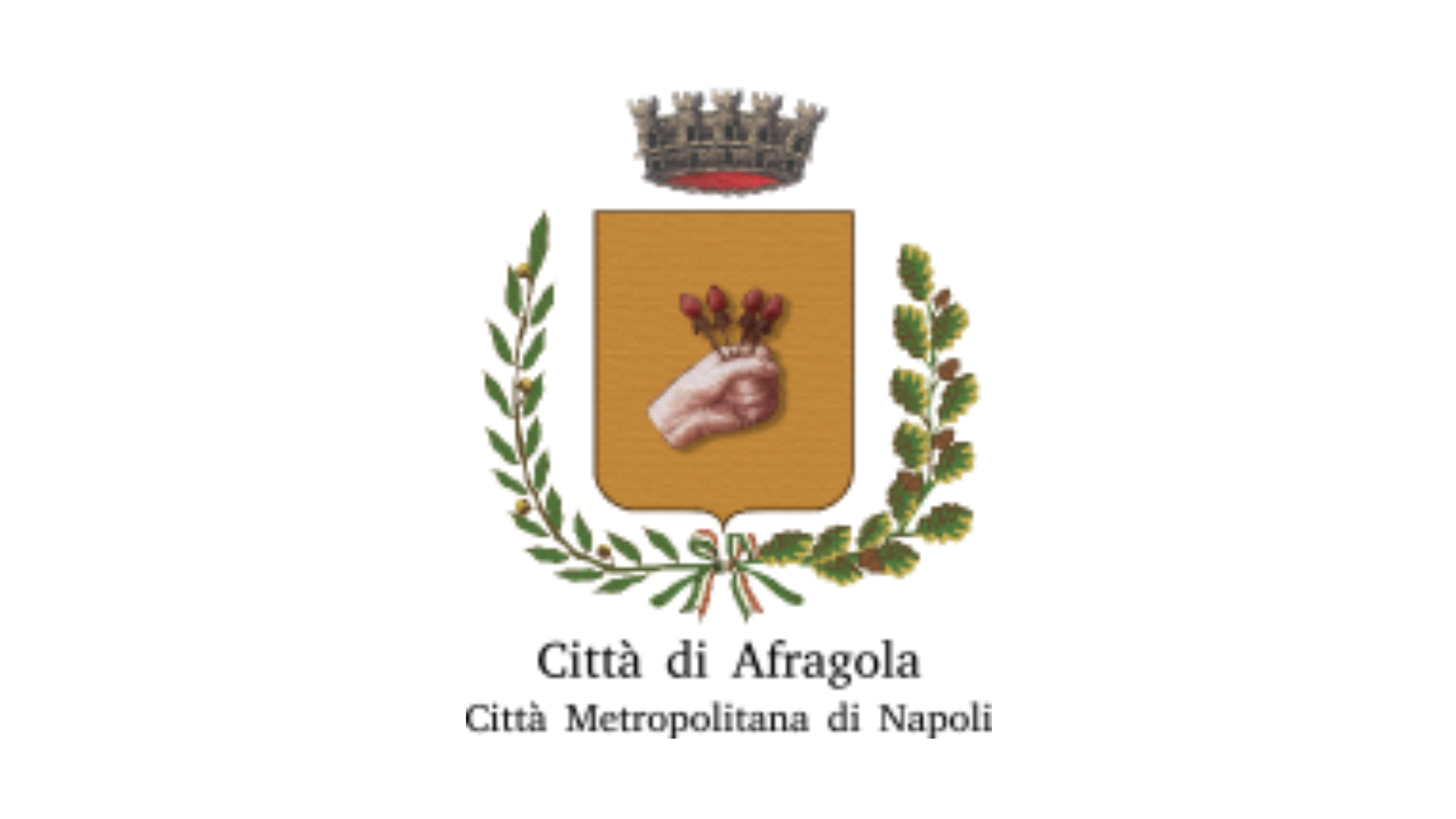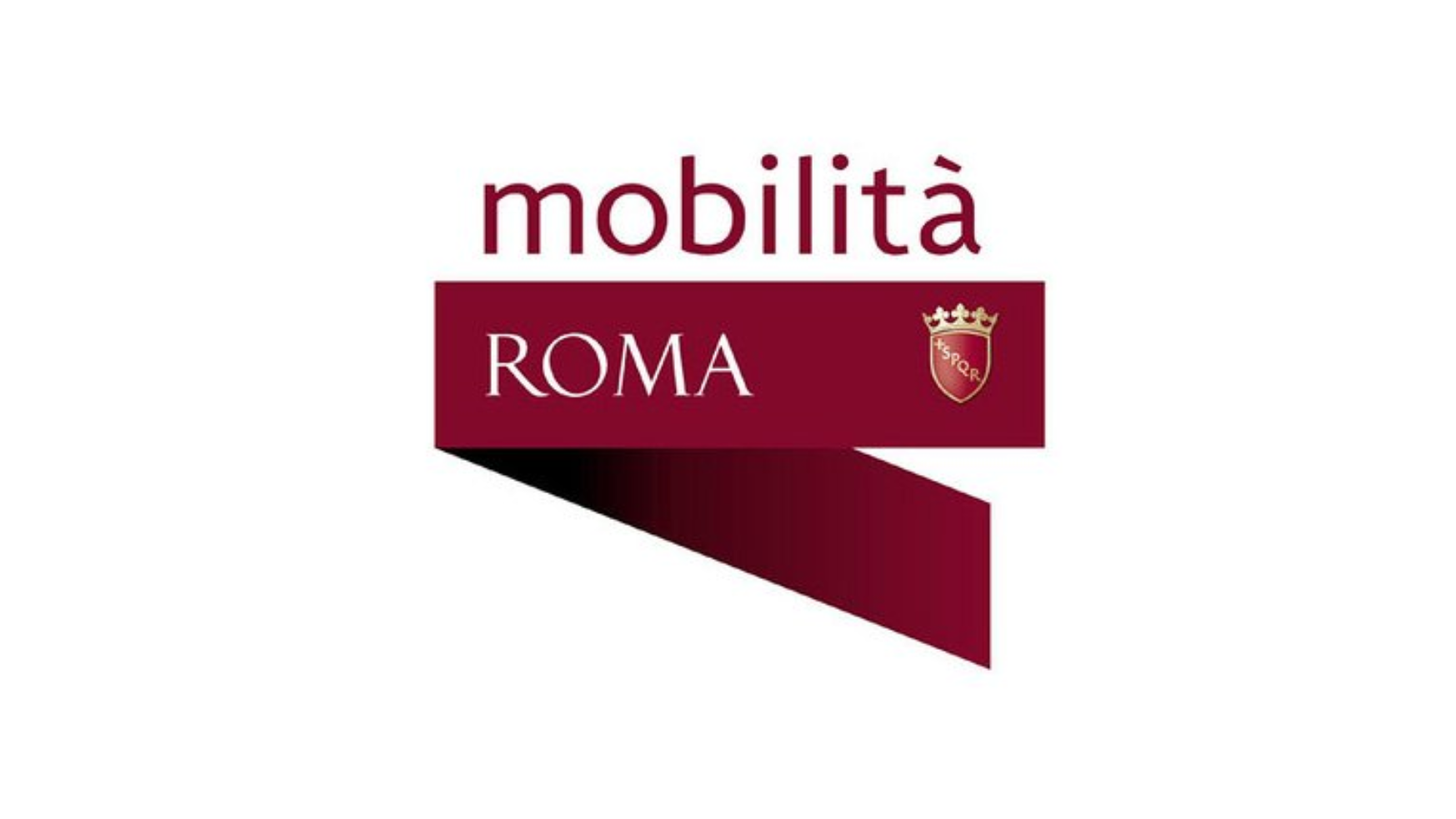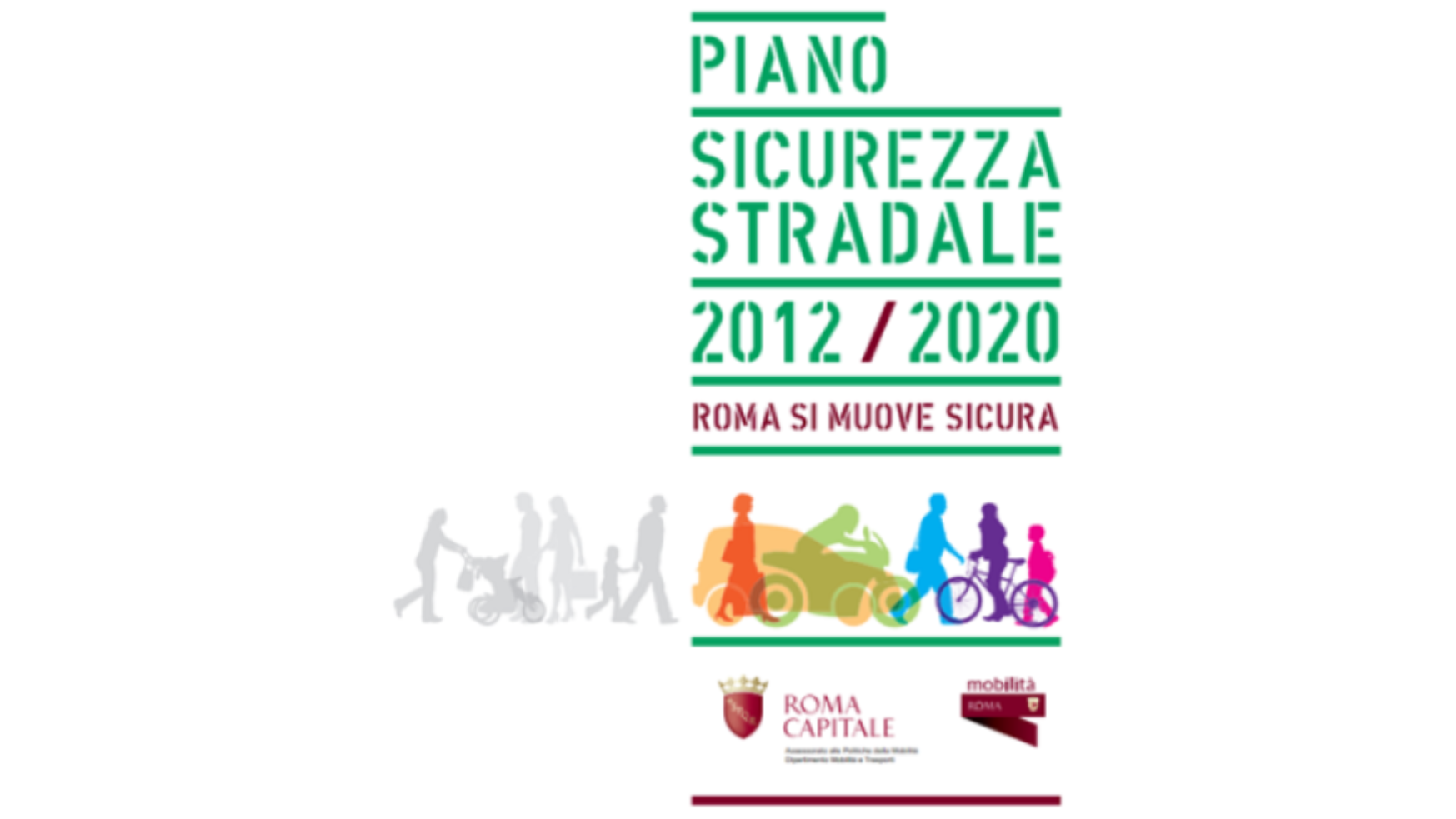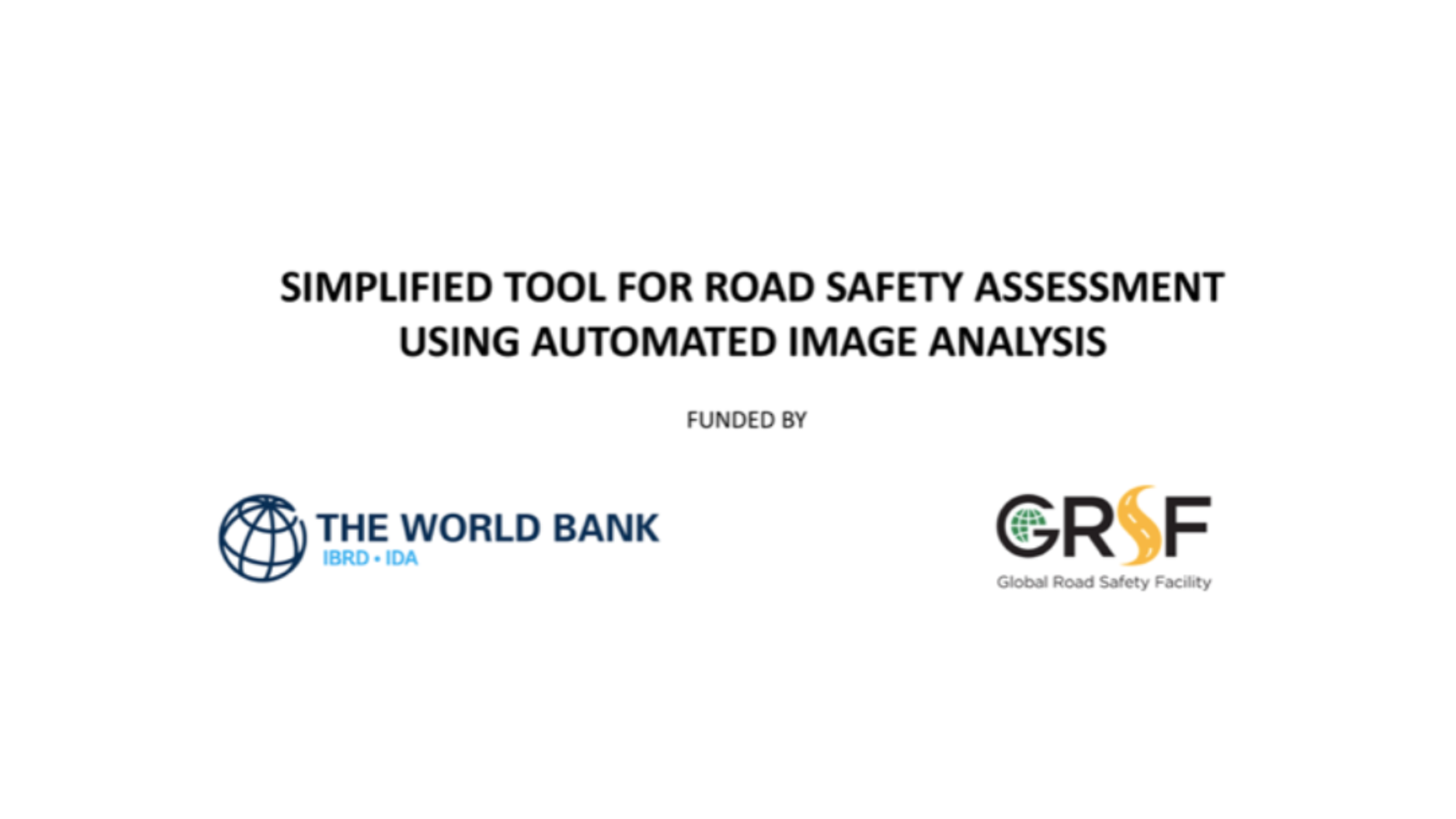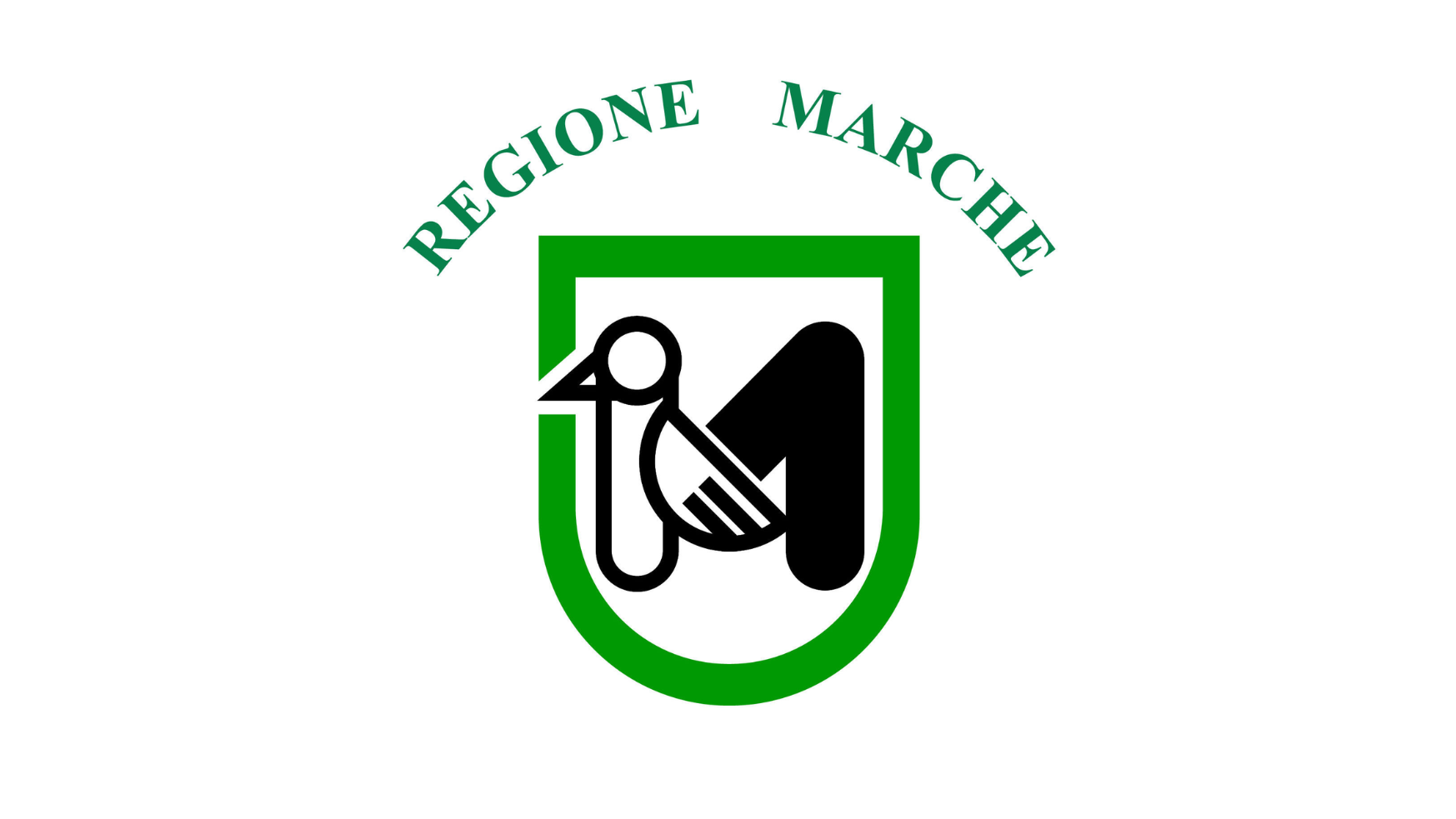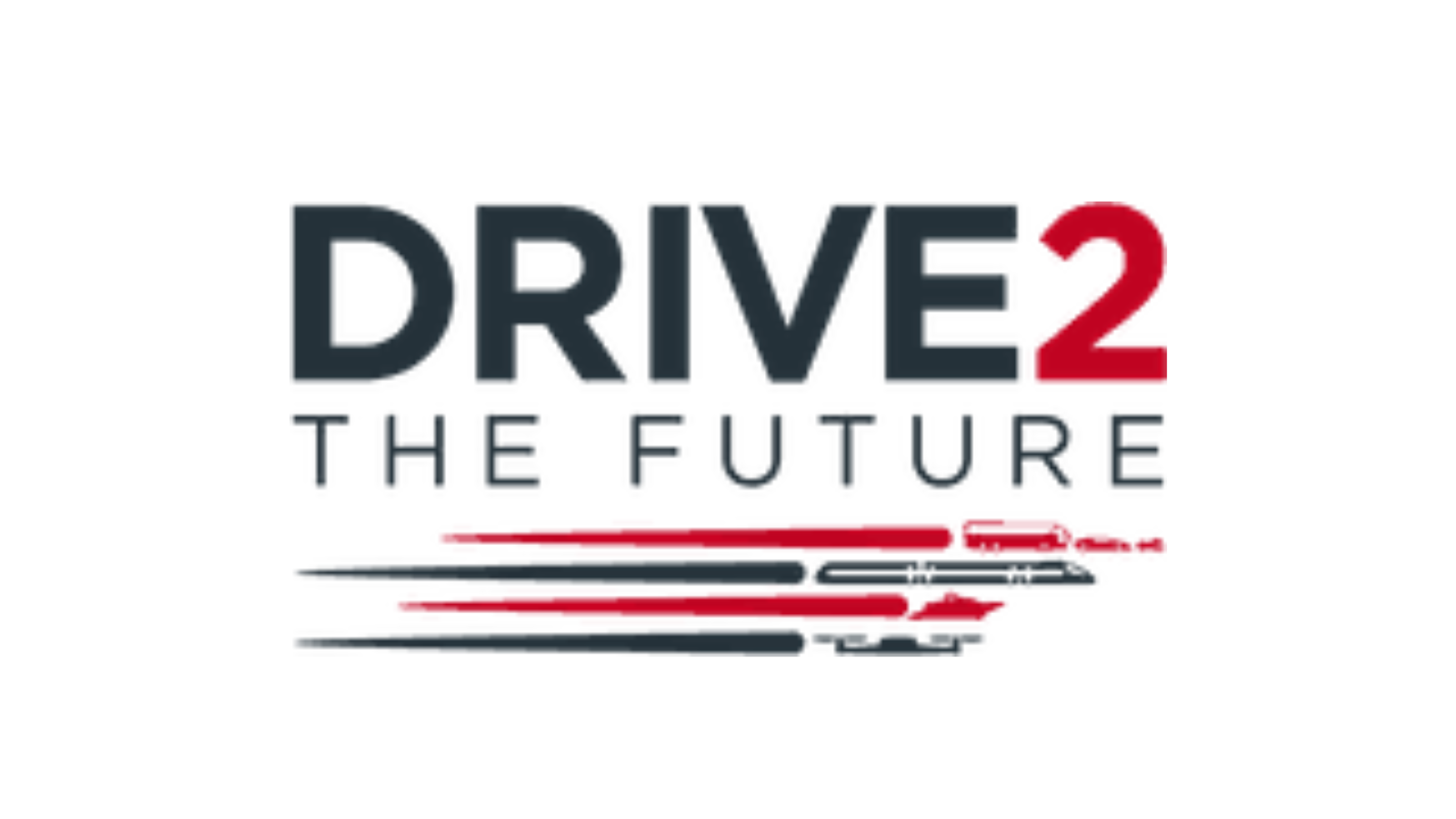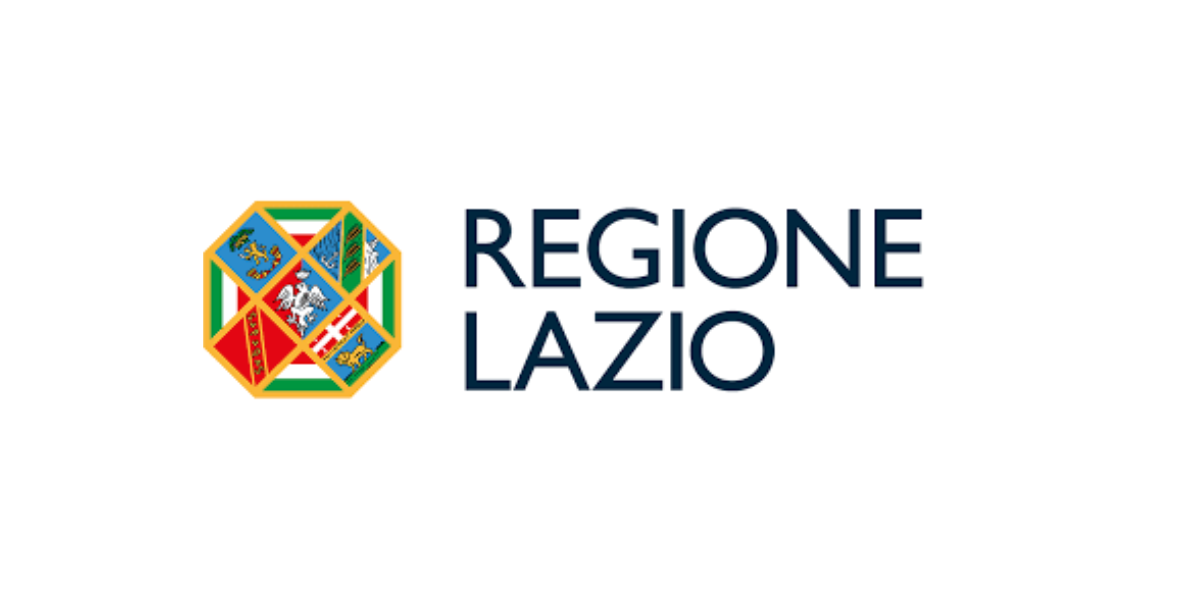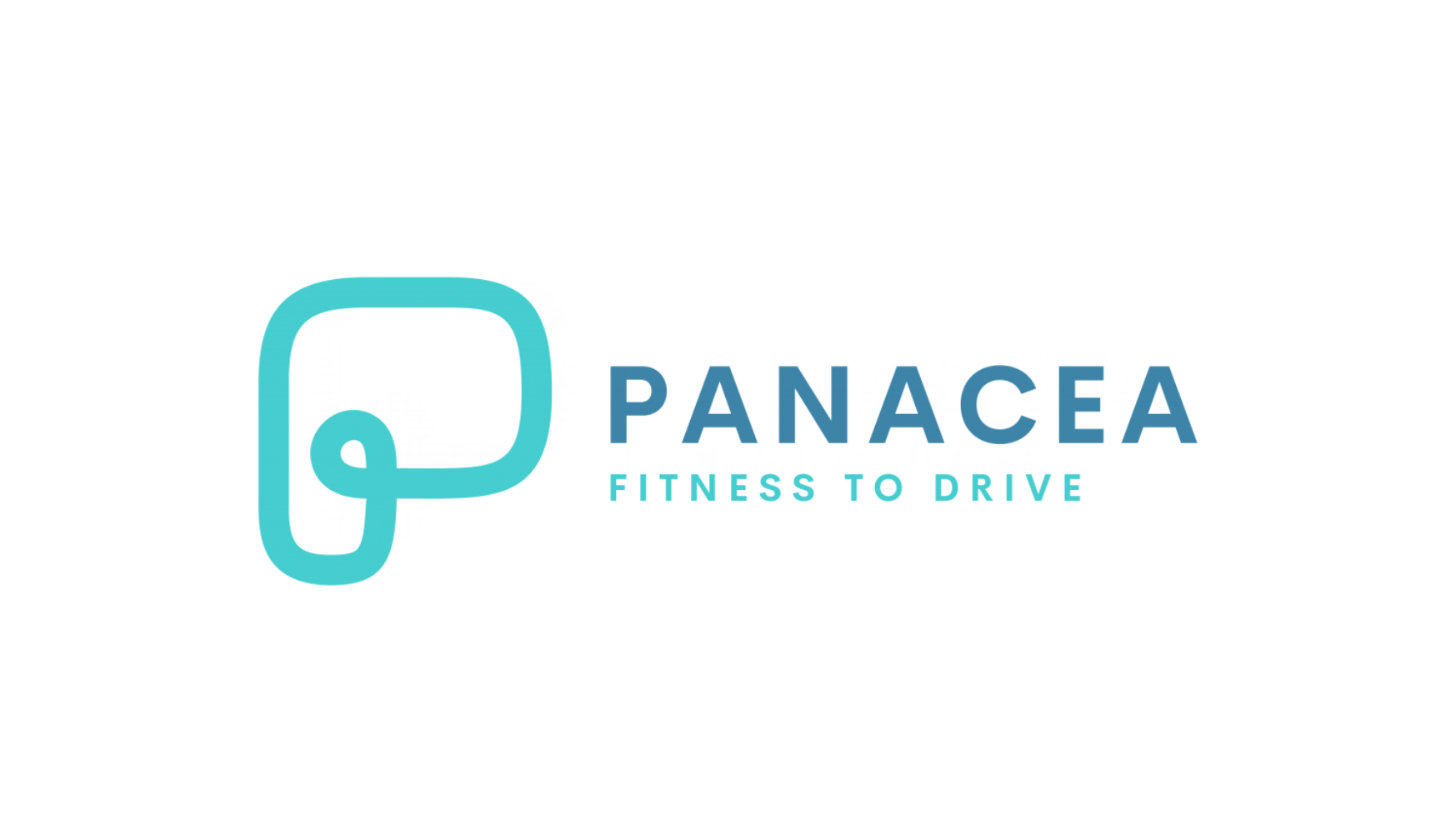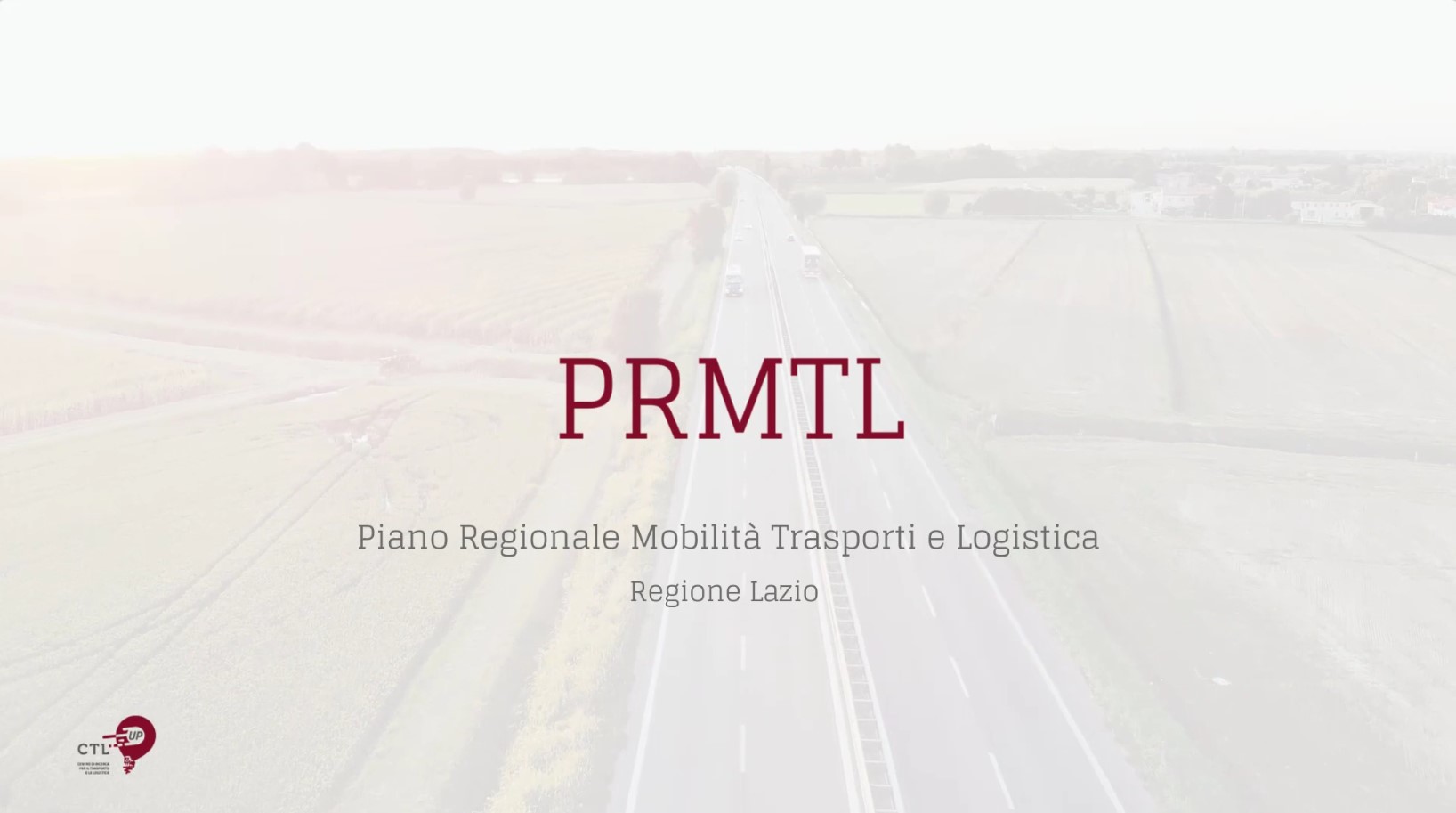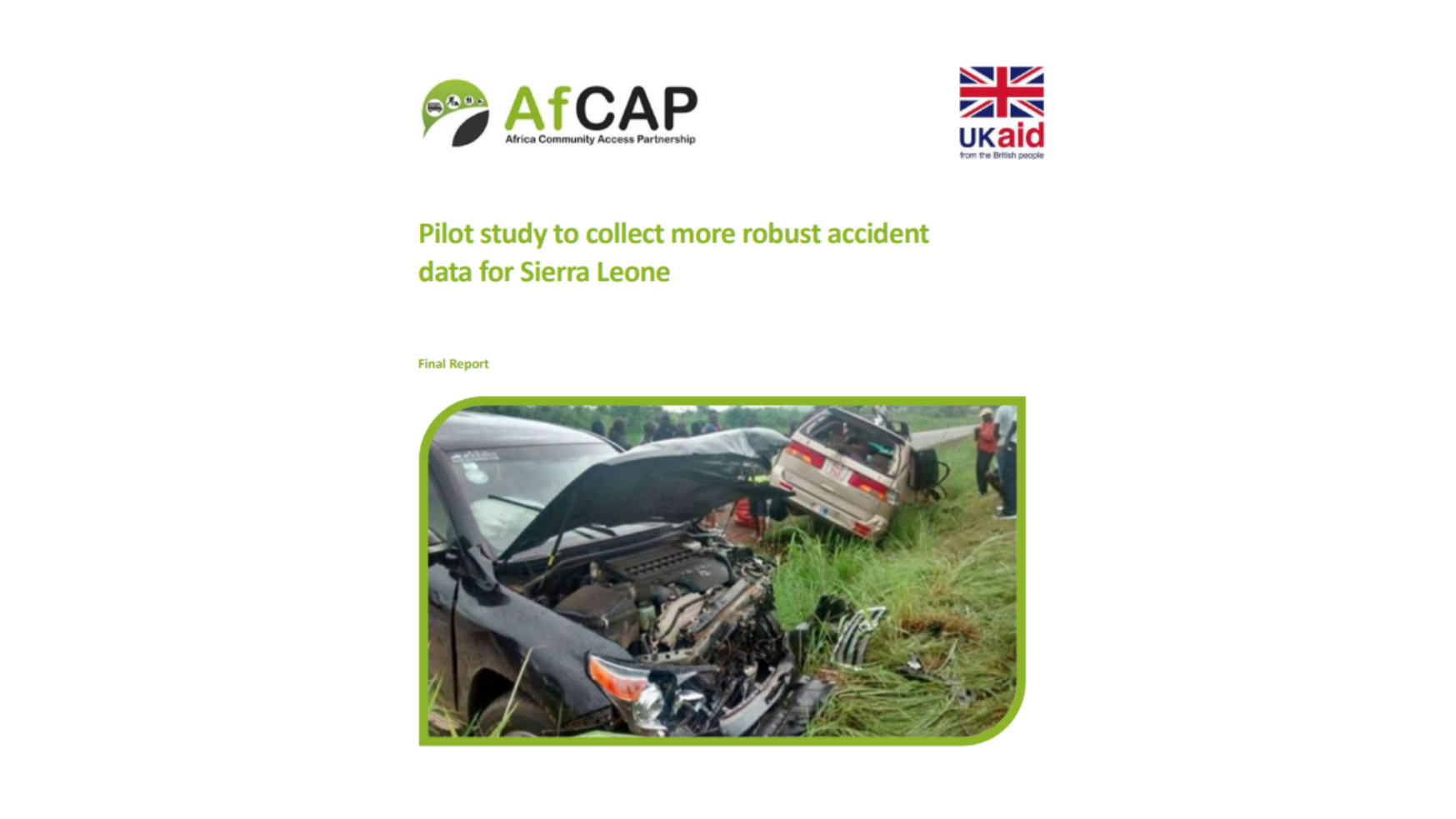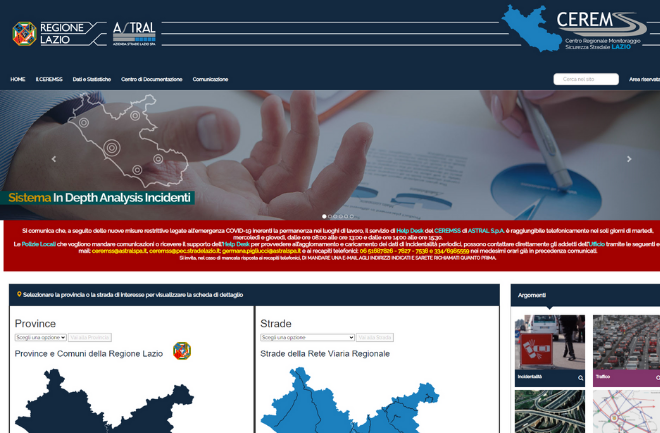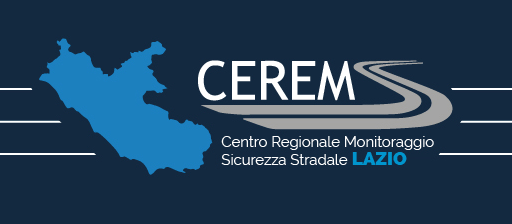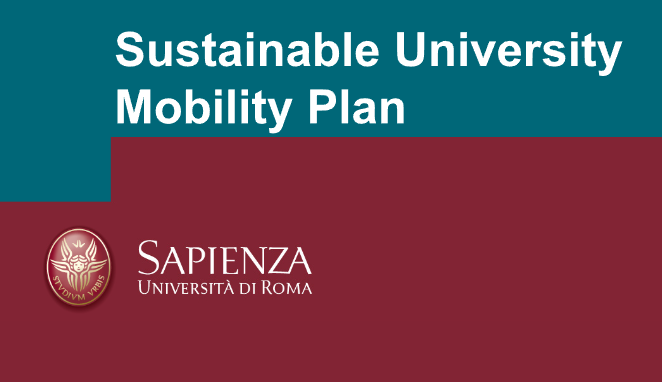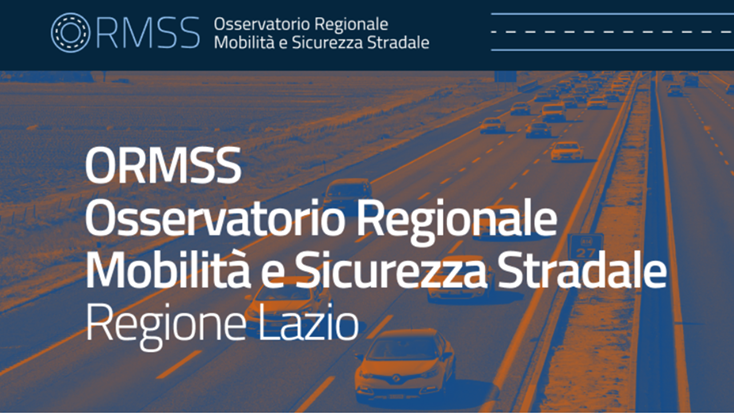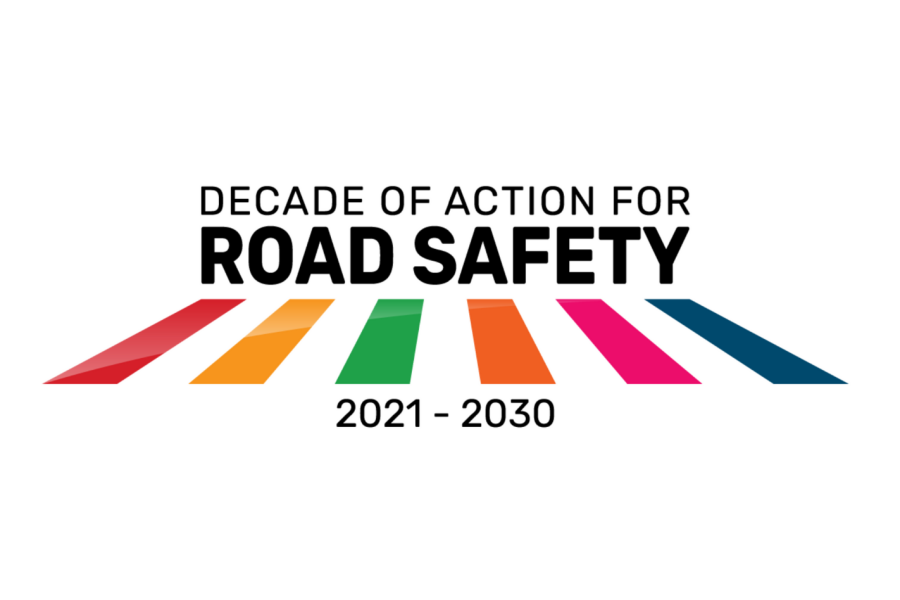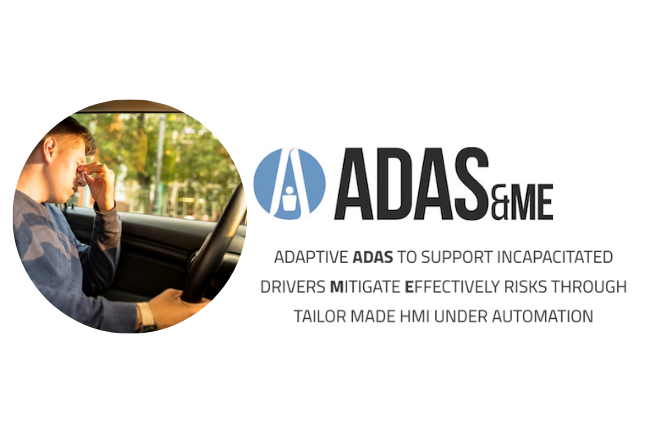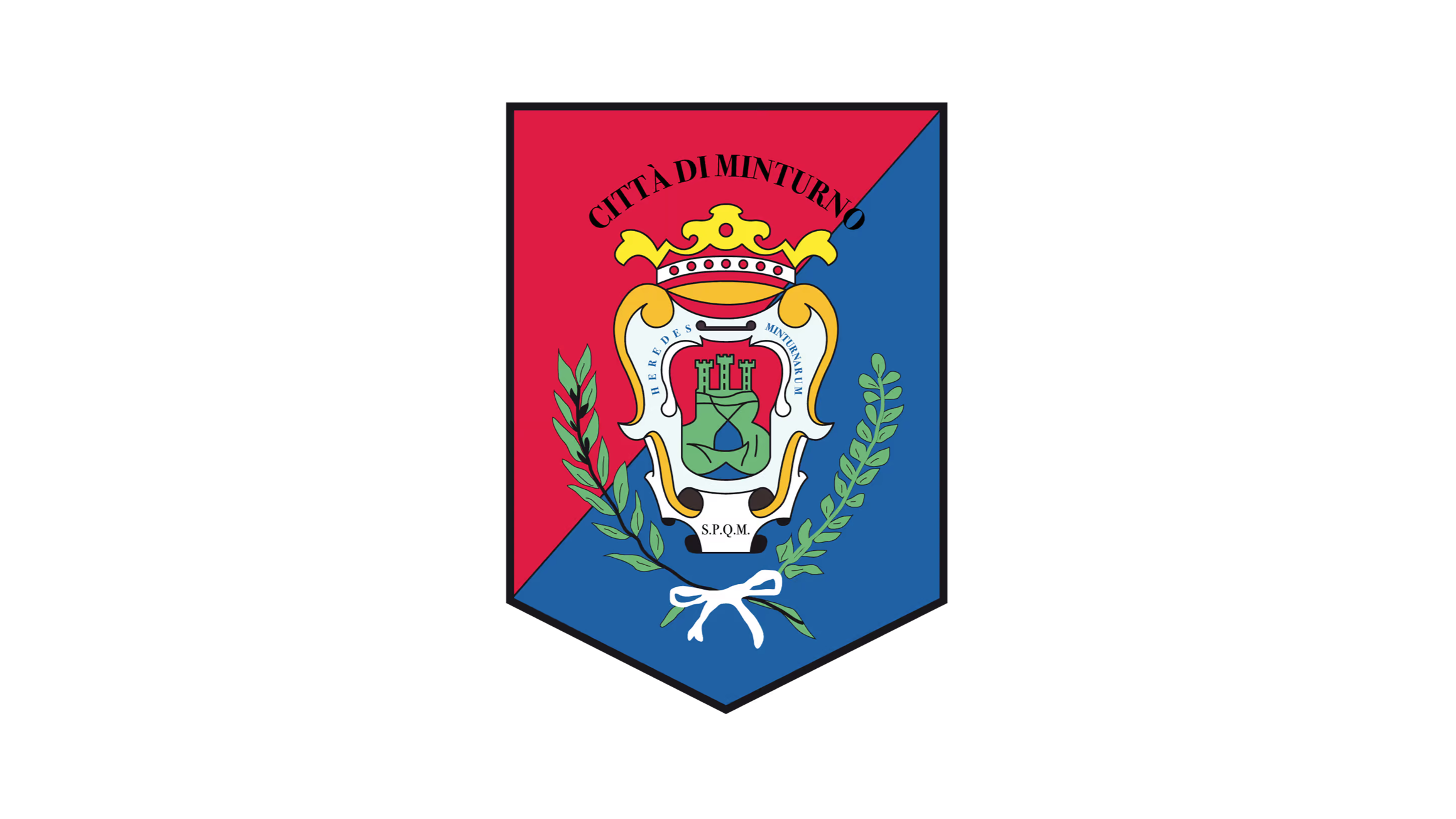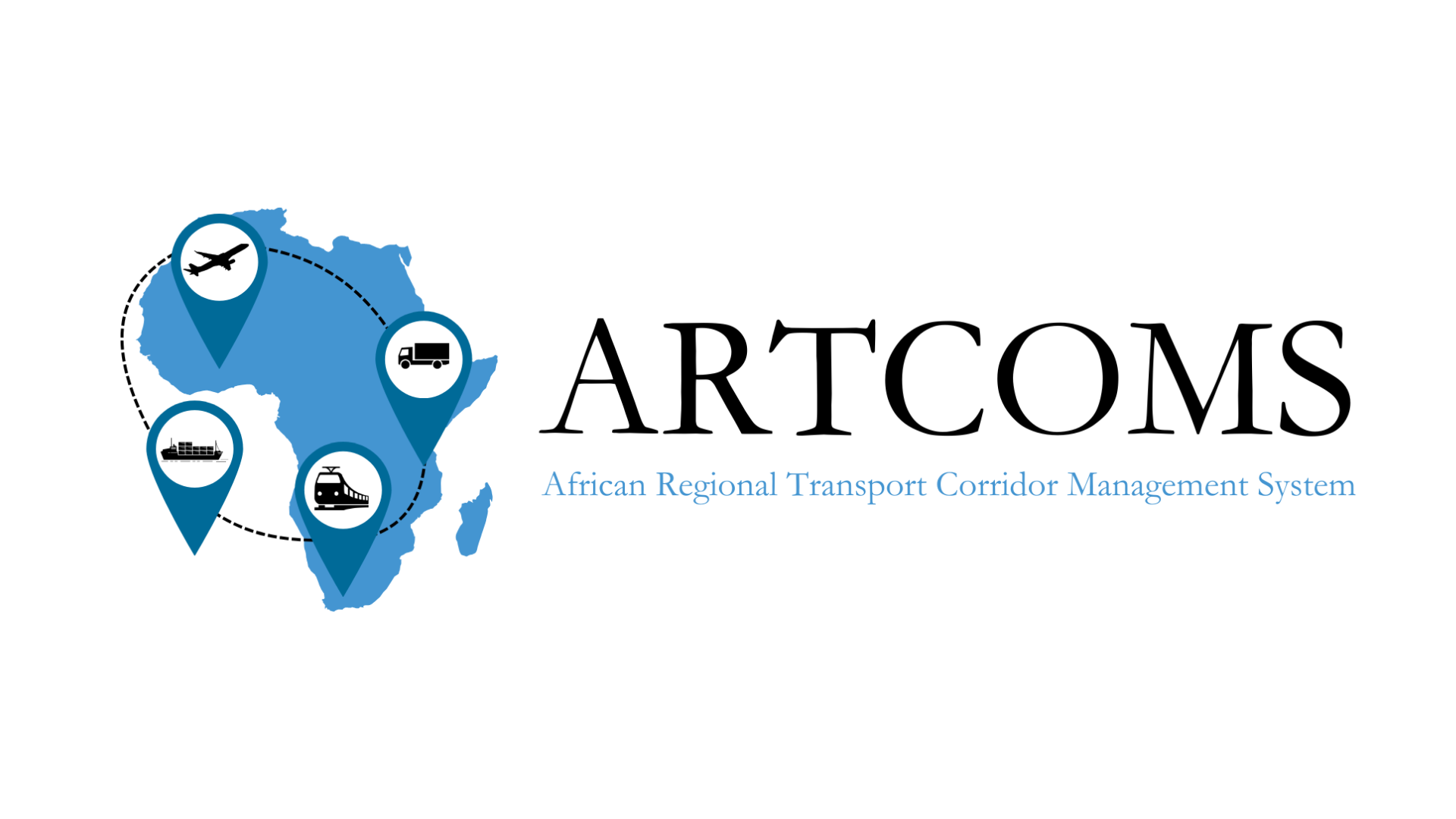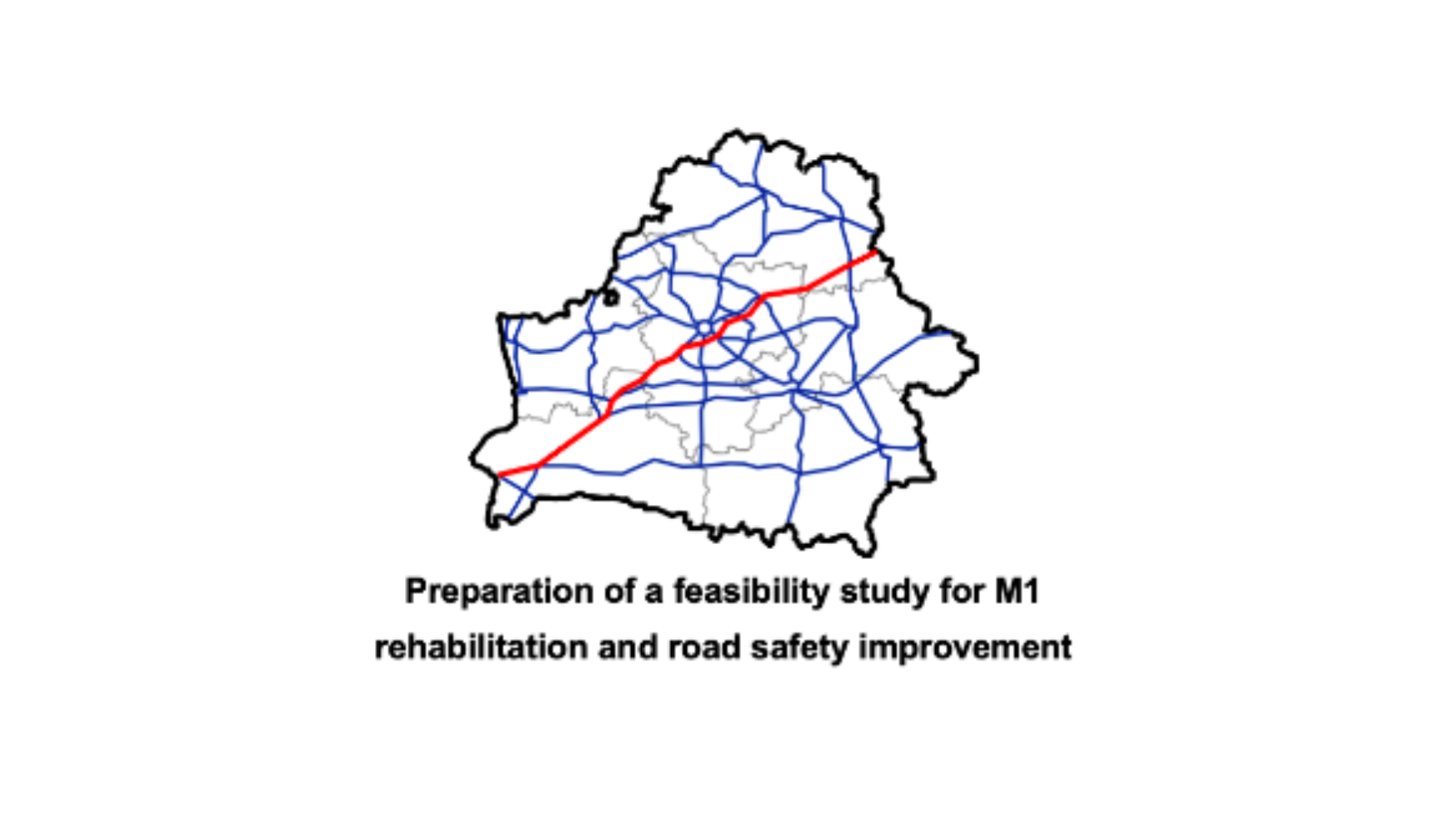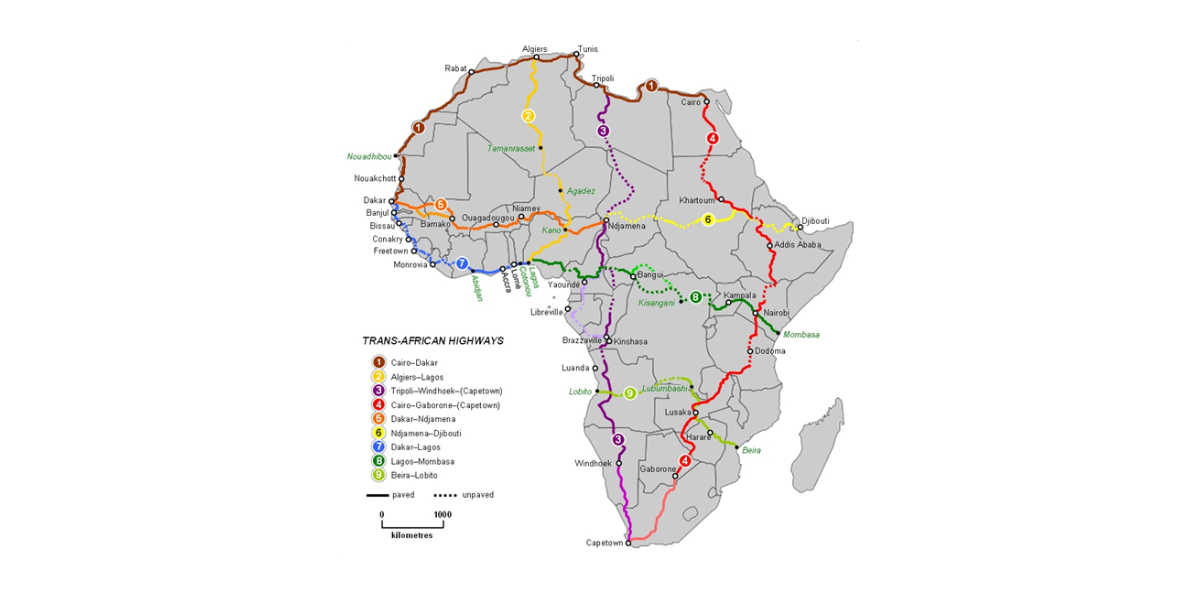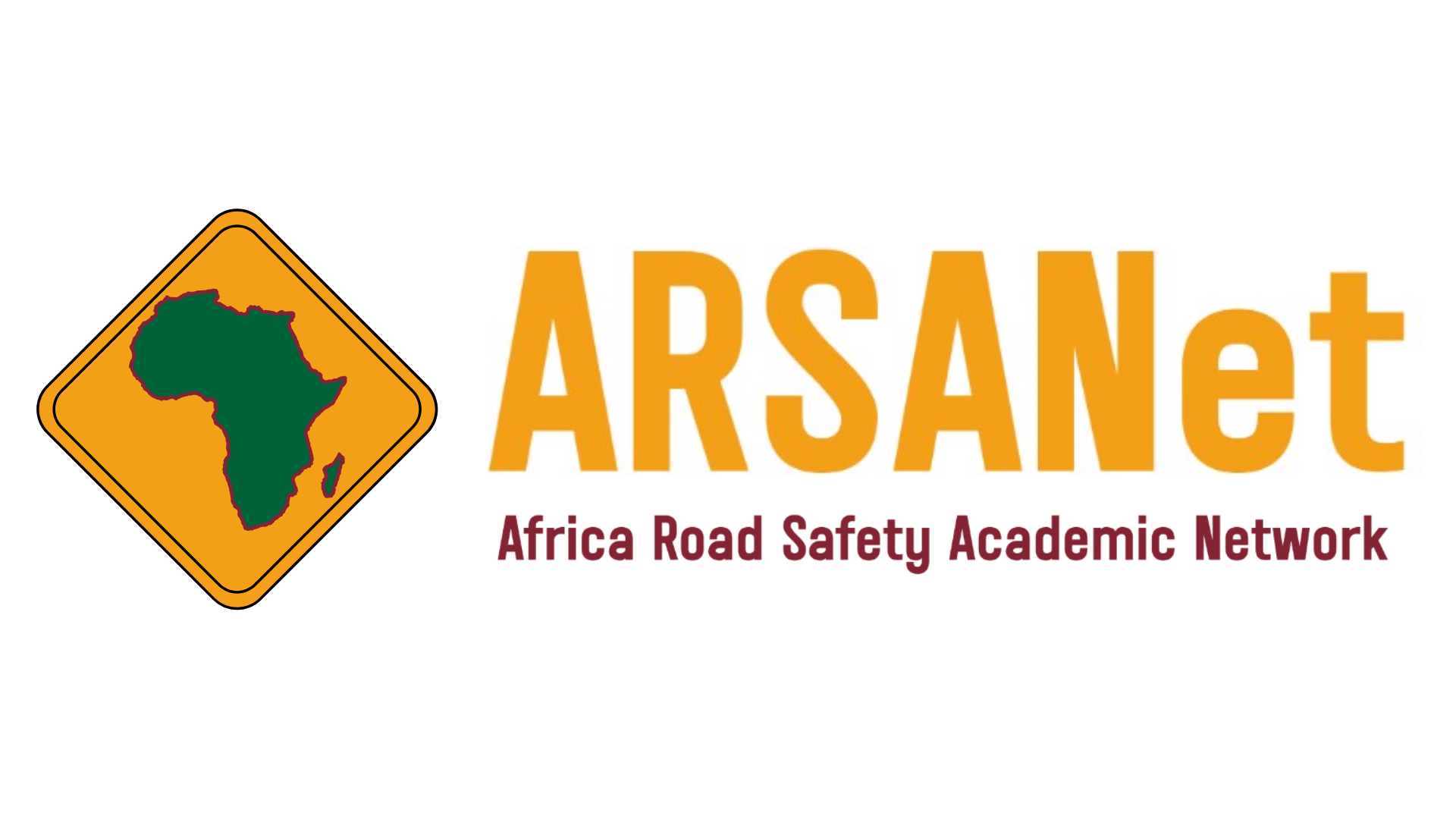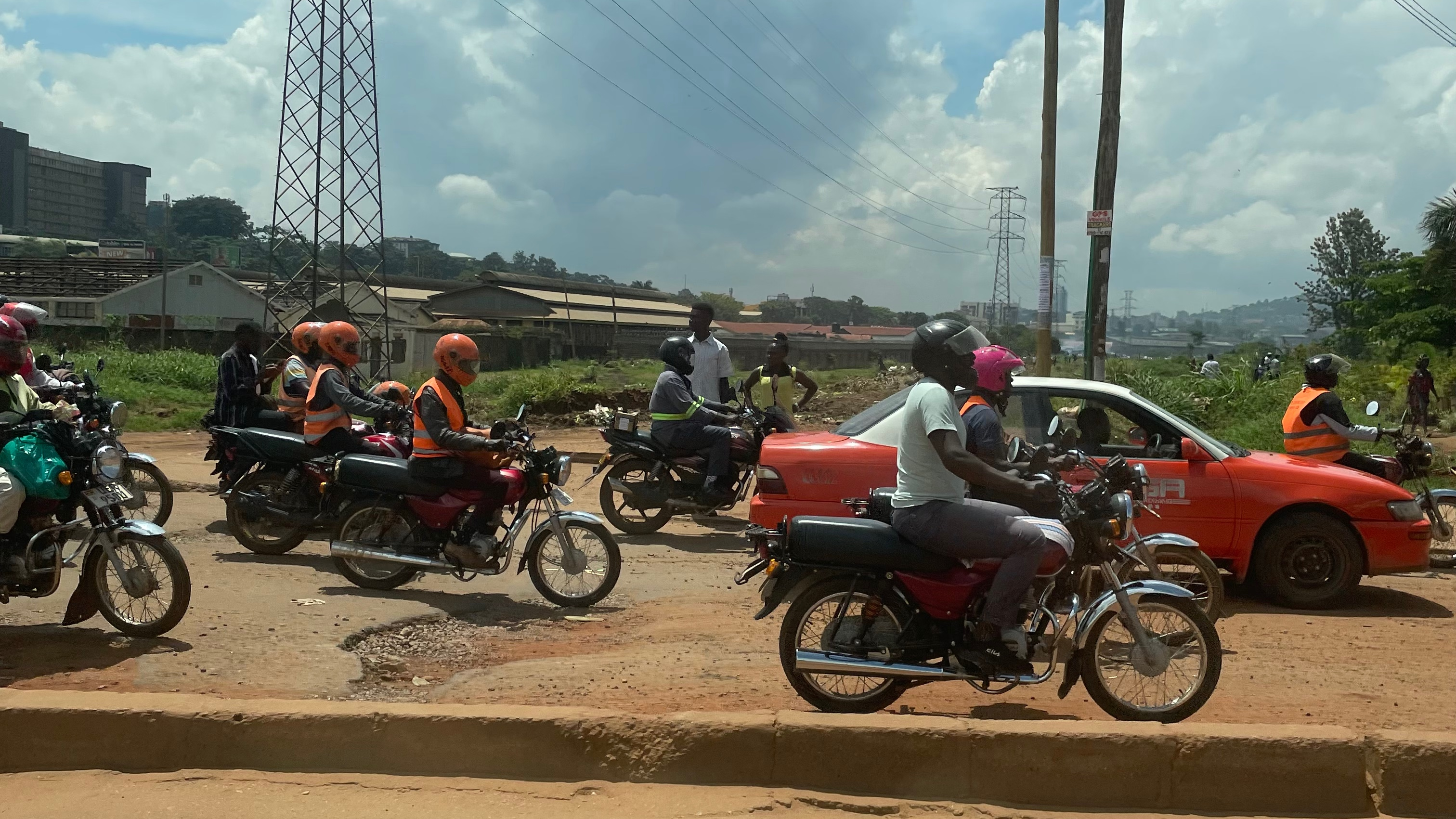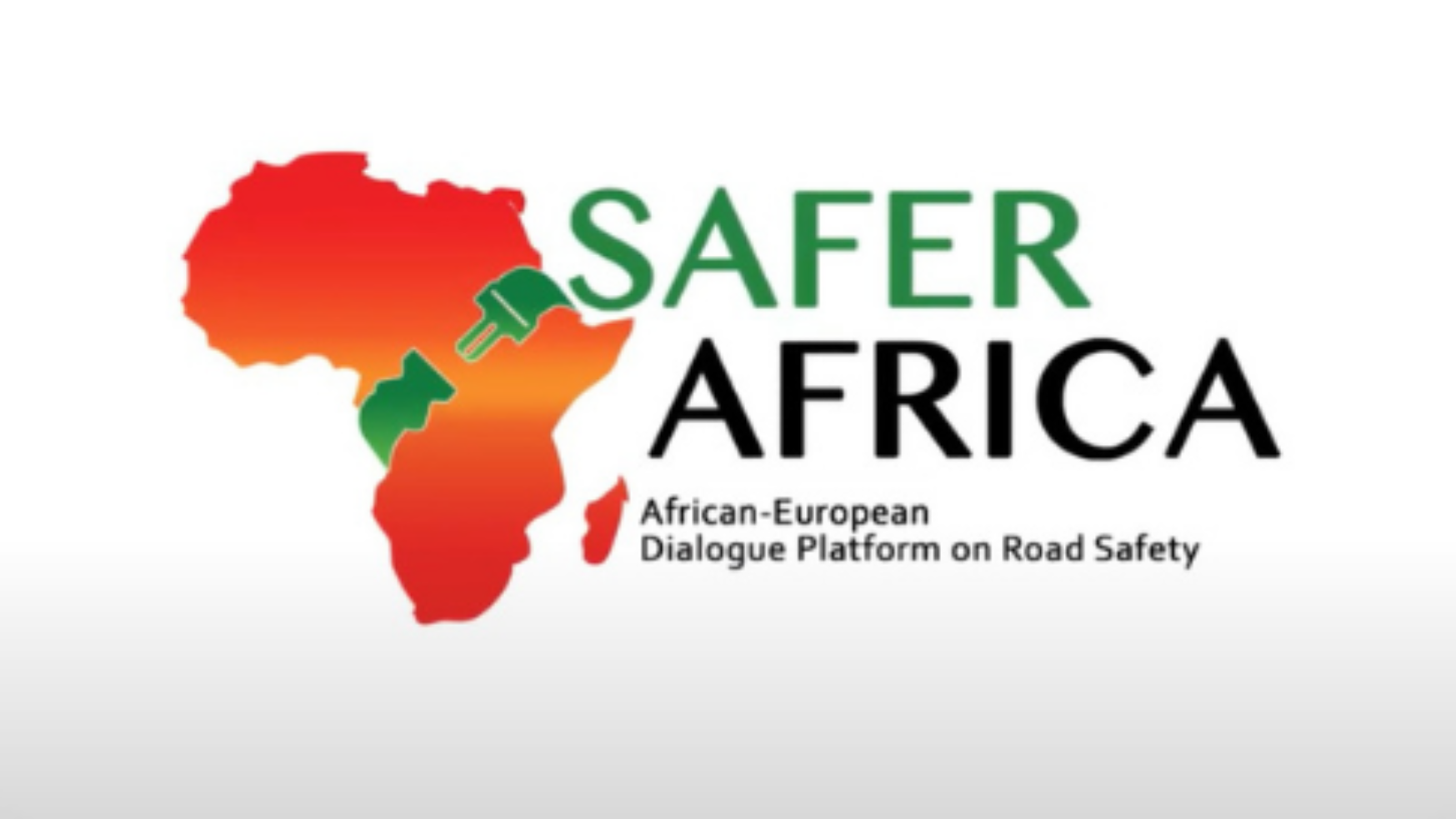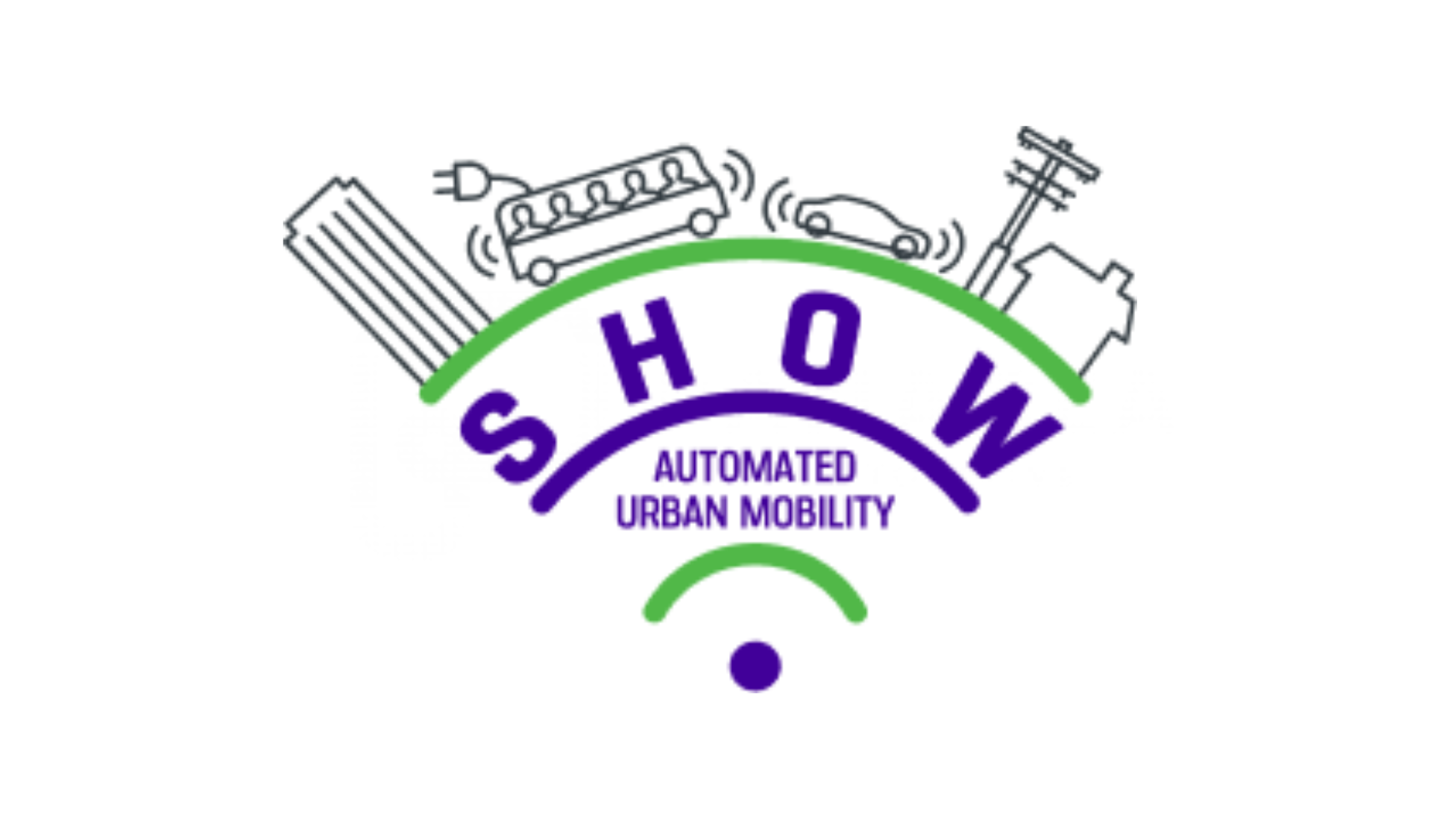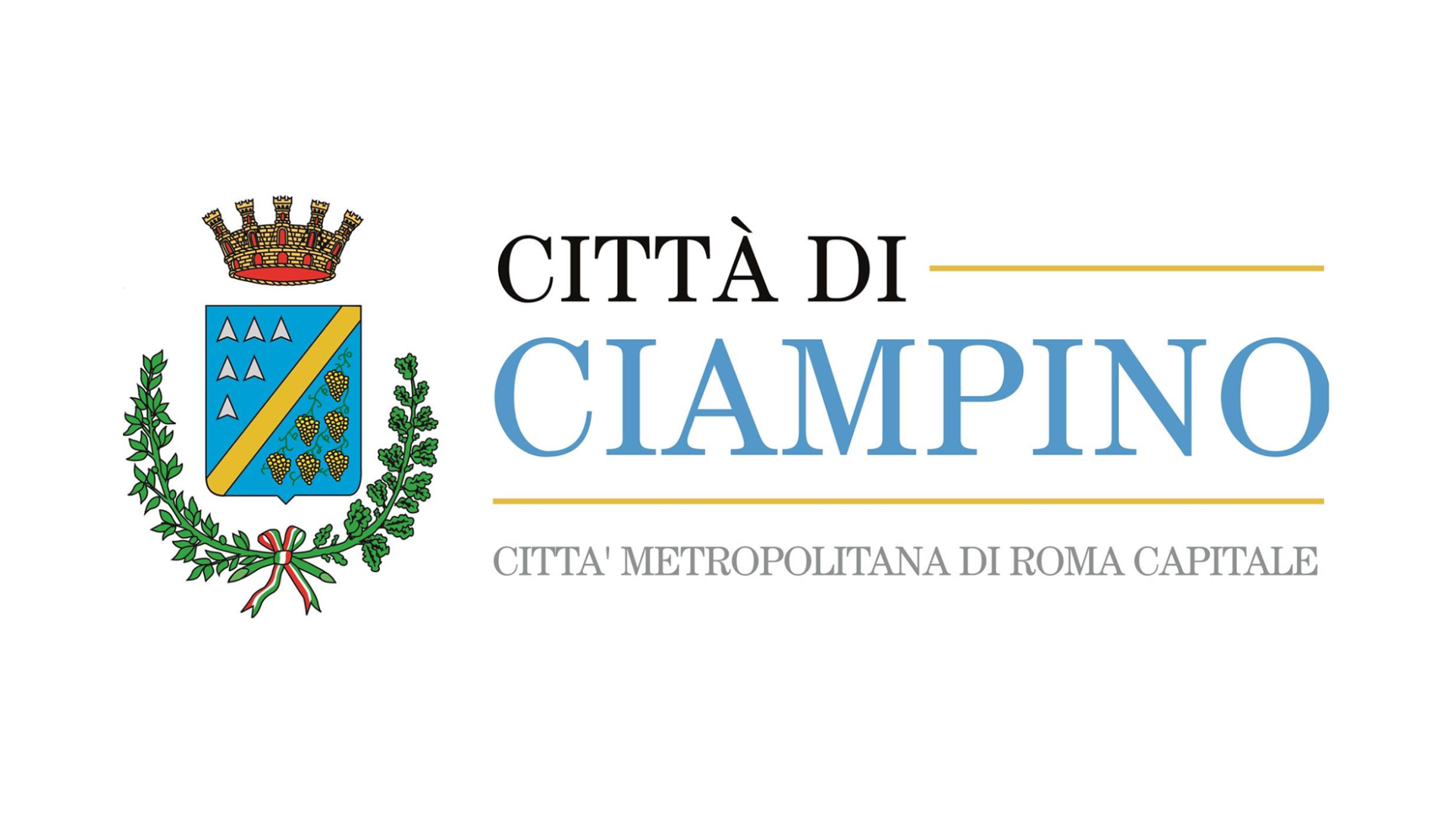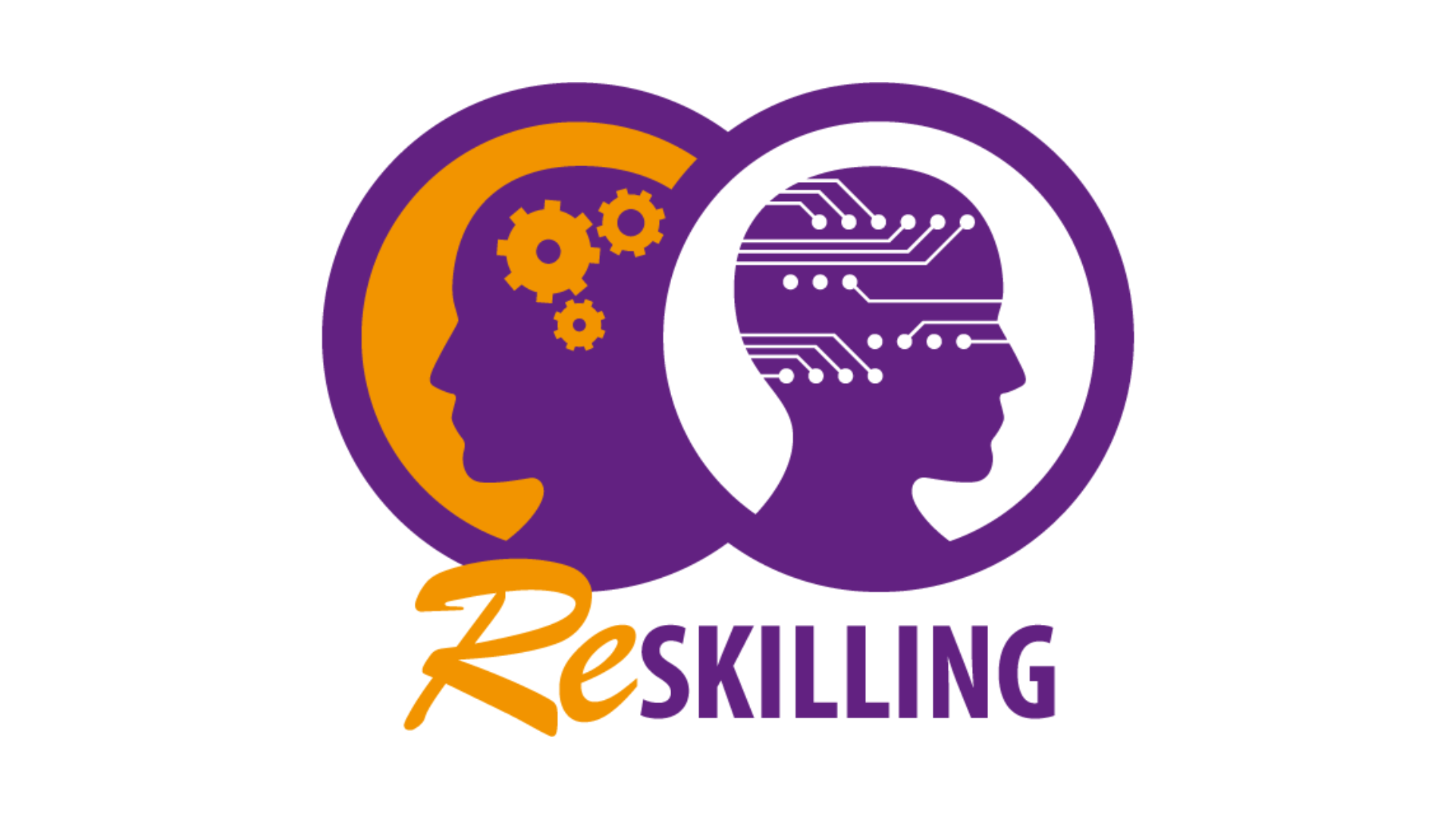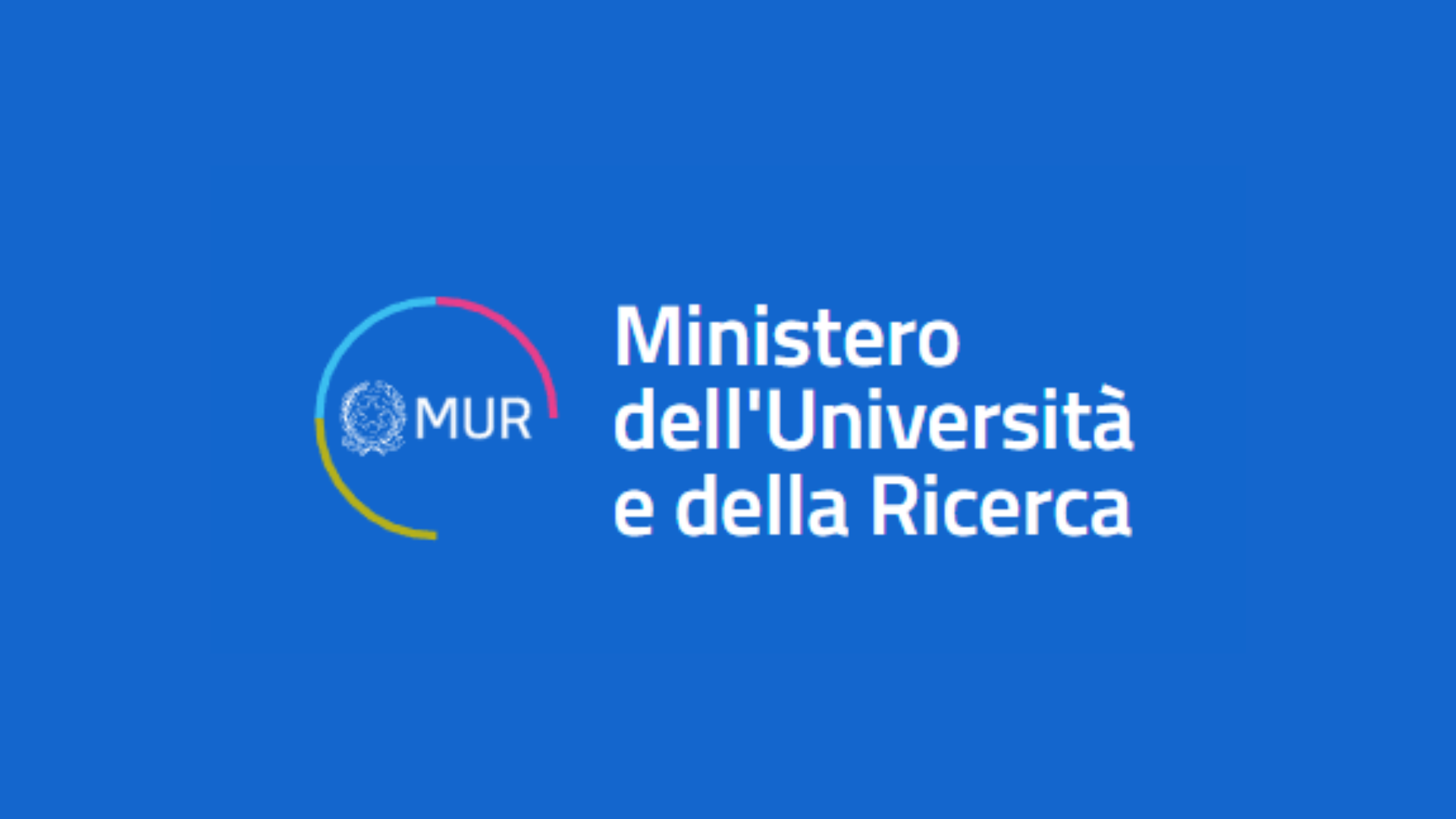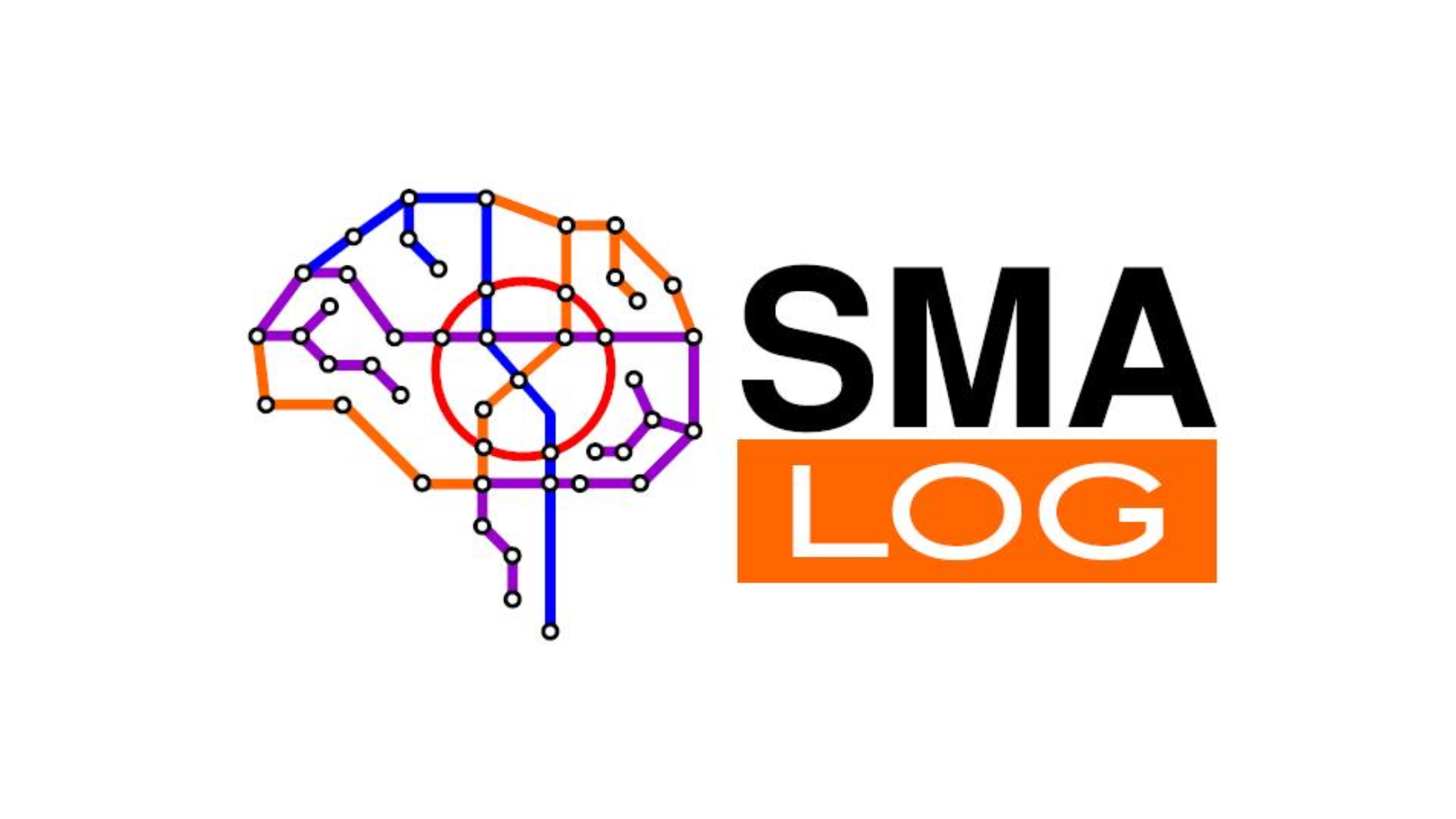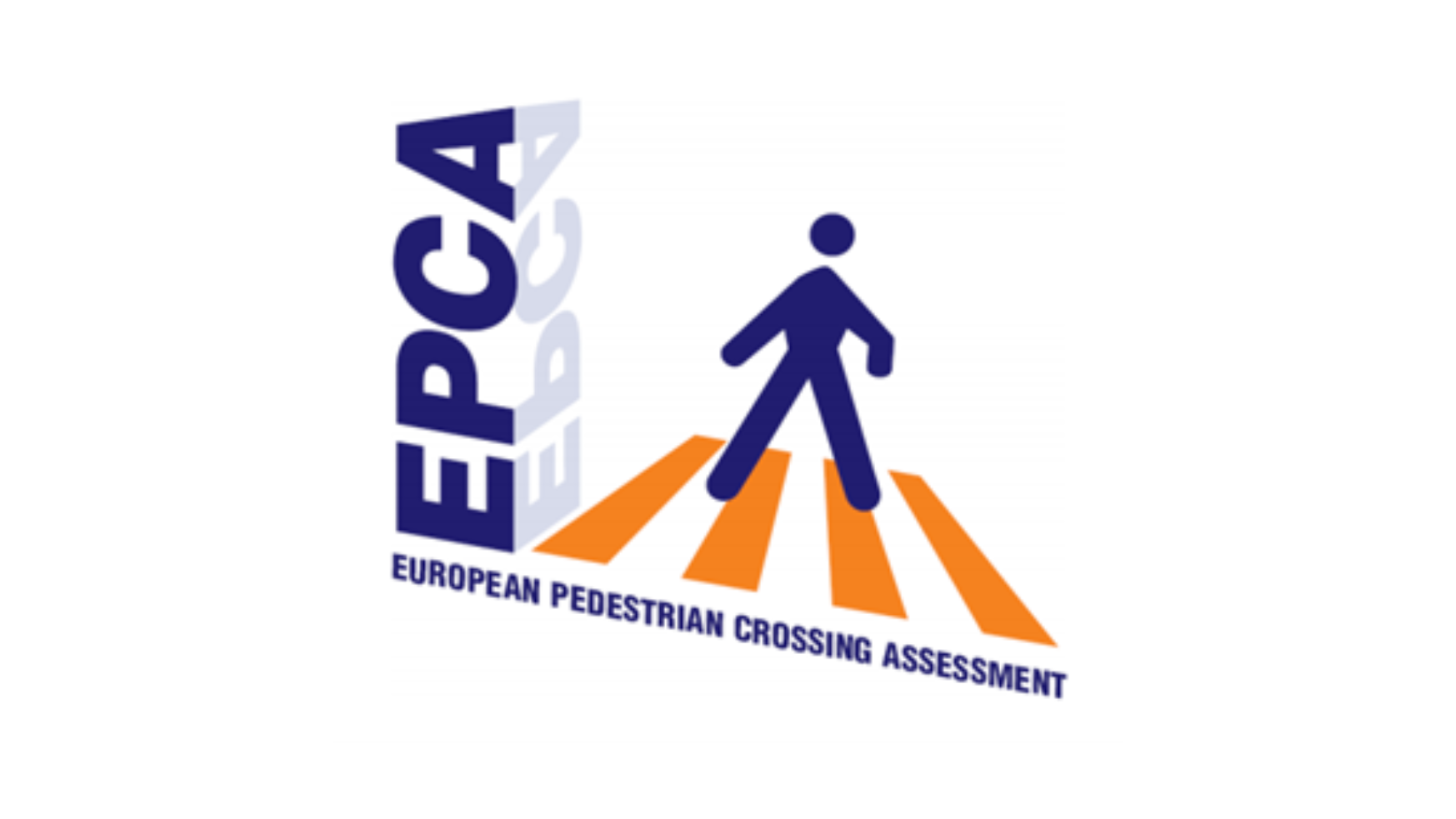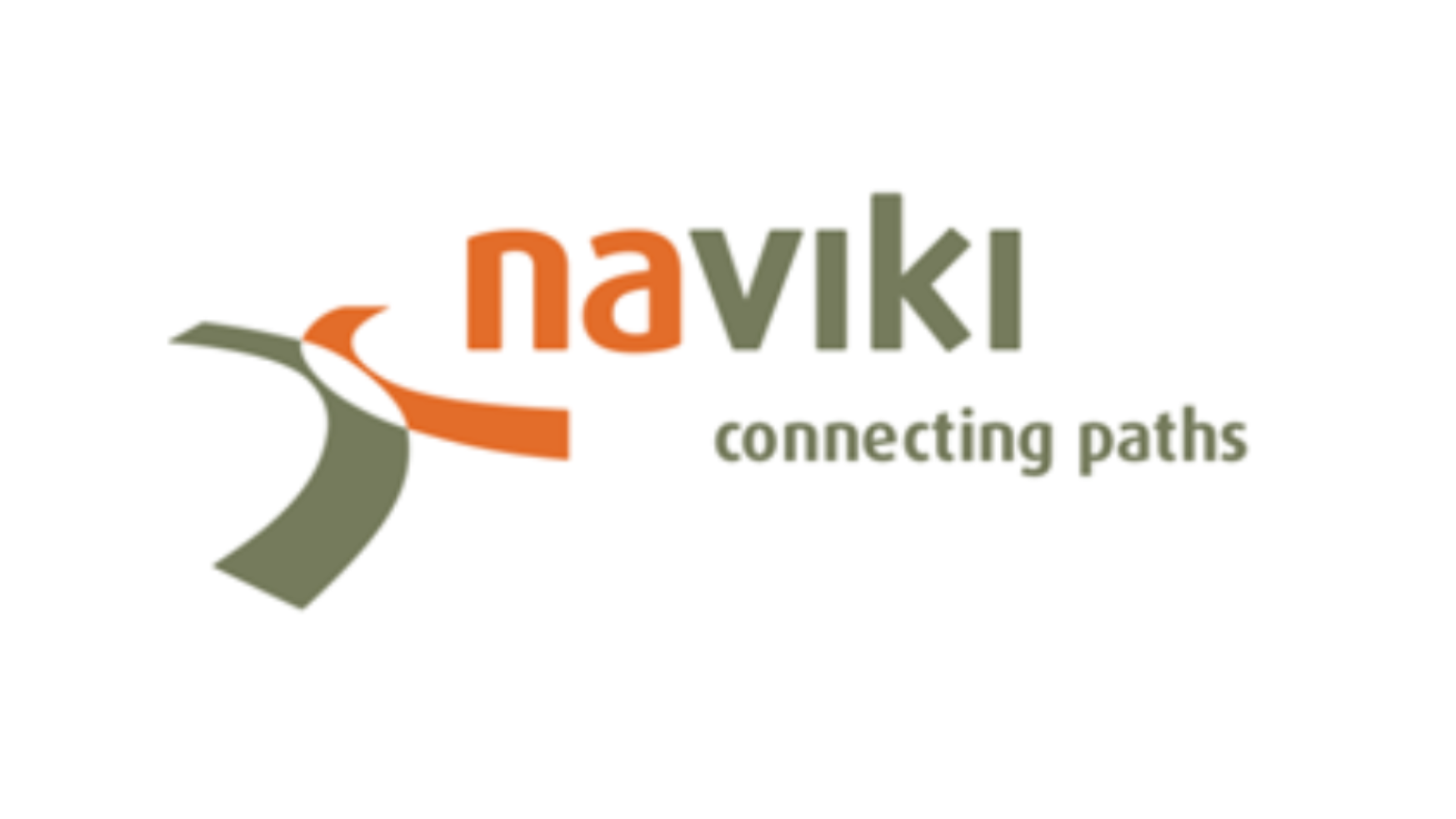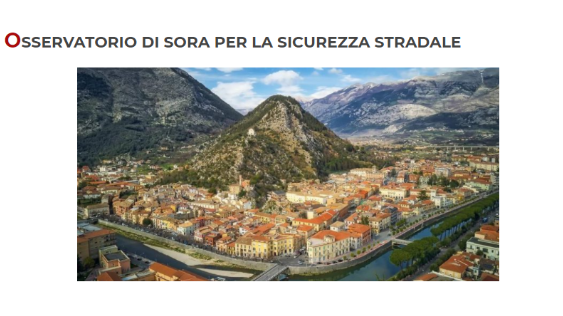The problem
Urban centres worldwide face pressing issues like congestion, pollution, and a lack of public spaces, underscoring the need for a paradigm shift in urban planning. The “15-minute city” concept proposes a groundbreaking reimagining of urban life aimed at addressing these challenges. This innovative model envisions neighbourhoods where essential services and amenities are accessible within a 15-minute walk or bike ride, emphasizing density, proximity, diversity, and digitalization.
While gaining momentum among urban planners and policymakers for its potential to foster more liveable and sustainable environments, the concept faces scrutiny. The World Economic Forum has pointed out a potential oversight: concentrating exclusively on “isochrone” areas (i.e., those reachable within a 15-minute timeframe) could ignore the complexities of urban living and fail to include marginalized communities. This critique underscores the importance of adopting inclusive urban design strategies that ensure everyone can benefit from these models.
Moreover, the challenge extends to translating this visionary concept into tangible urban enhancements, with initiatives at risk of being perceived as top-down, technocratic endeavours, which could inadvertently worsen existing inequalities if not approached with caution.
Our approach
SmartUrbanity aims to revolutionize urban planning by enhancing accessibility, inclusivity, security, and navigability through a citizen-centric digital framework. This initiative seeks to dismantle barriers to active, proximity-based living by integrating citizens into the planning process and facilitating the transformation into 15-minute cities. The proposed approach advances beyond models like GOAT and WeCount, using up-to-date granular data and sophisticated methodologies such as machine learning algorithms and agent-based simulations. It includes:
- Citizen Engagement App for gathering data and fostering community engagement.
- Accessibility Analysis Platform for sharing data-driven insights and building a vision for sustainable living.
- Decision Support System Platform providing data-driven insights for informed, collaborative policymaking.
- Gamification Strategies designed to boost citizen participation by making the engagement process more appealing and interactive.
With pilot testing scheduled in Rome, Karlsruhe, İzmir, Lyon Metropolitan Area, and Greater Zurich Area, SmartUrbanity aims to refine Sustainable Urban Mobility Indicators, focusing on accessibility, emissions reduction, inclusivity, and satisfaction. It promotes collaboration among citizens, decision-makers, SMEs, and academia to set new standards for urban life quality, advocating for a sustainable, community-focused future. Envisioning cities that adapt to residents’ needs, SmartUrbanity is poised to set new benchmarks for urban living and model future developments.
Partners
Sapienza University of Rome, Movesion S.R.L., Municipio XII Roma Capitale, Consulta Cittadina Sicurezza Stradale, Mobilità Dolce e Sostenibilità (RRSC), Hun-Ren Szamitastechnikai es Automatizalasi Kutatointezet, Karlsruhe Institute of Technology, Karlsruher Verkehrsverbund, Stadt Karlsruhe (Civil Planning Office), Ege University, Izmir Buyuksehir Belediyesi, Zurich University of Applied Sciences (ZHAW), PostAuto AG, Ecole Nationale des Travaux Publics de l’Etat (ENTPE), Métropole de Lyon, École Nationale Supérieure d’Arts et Métiers (ENSAM)
